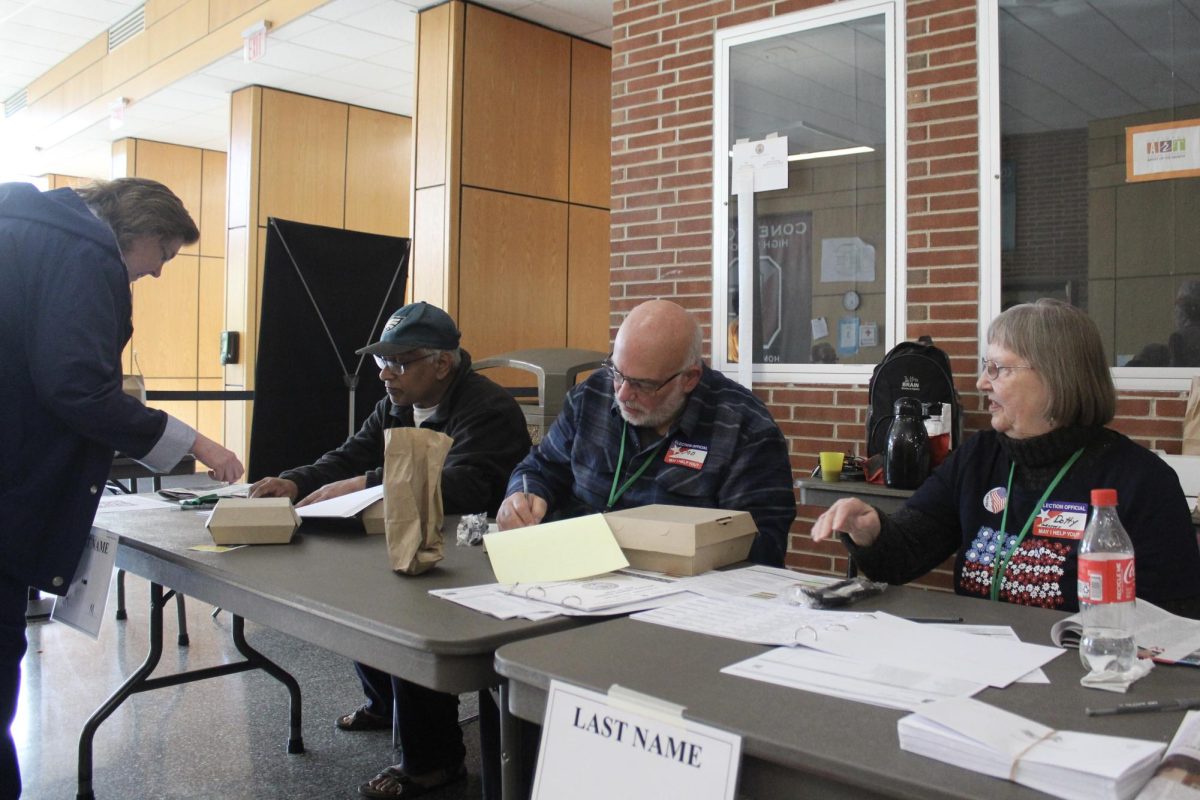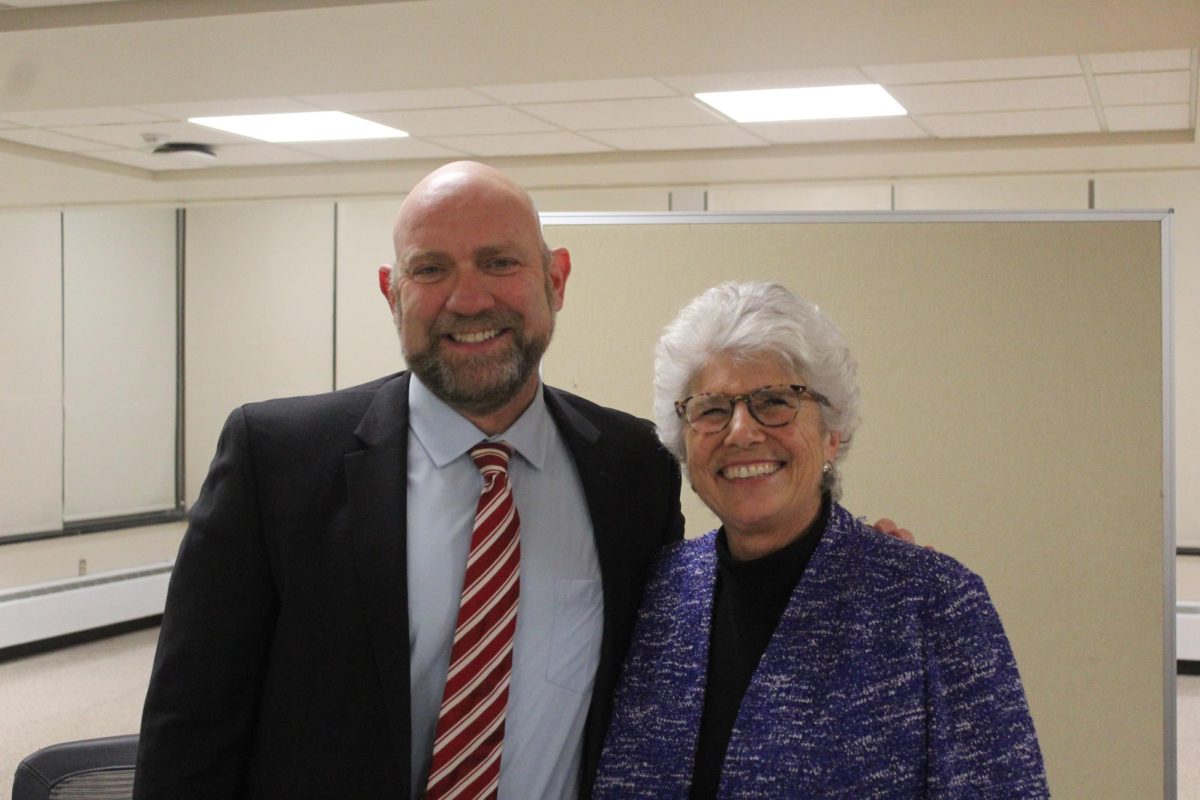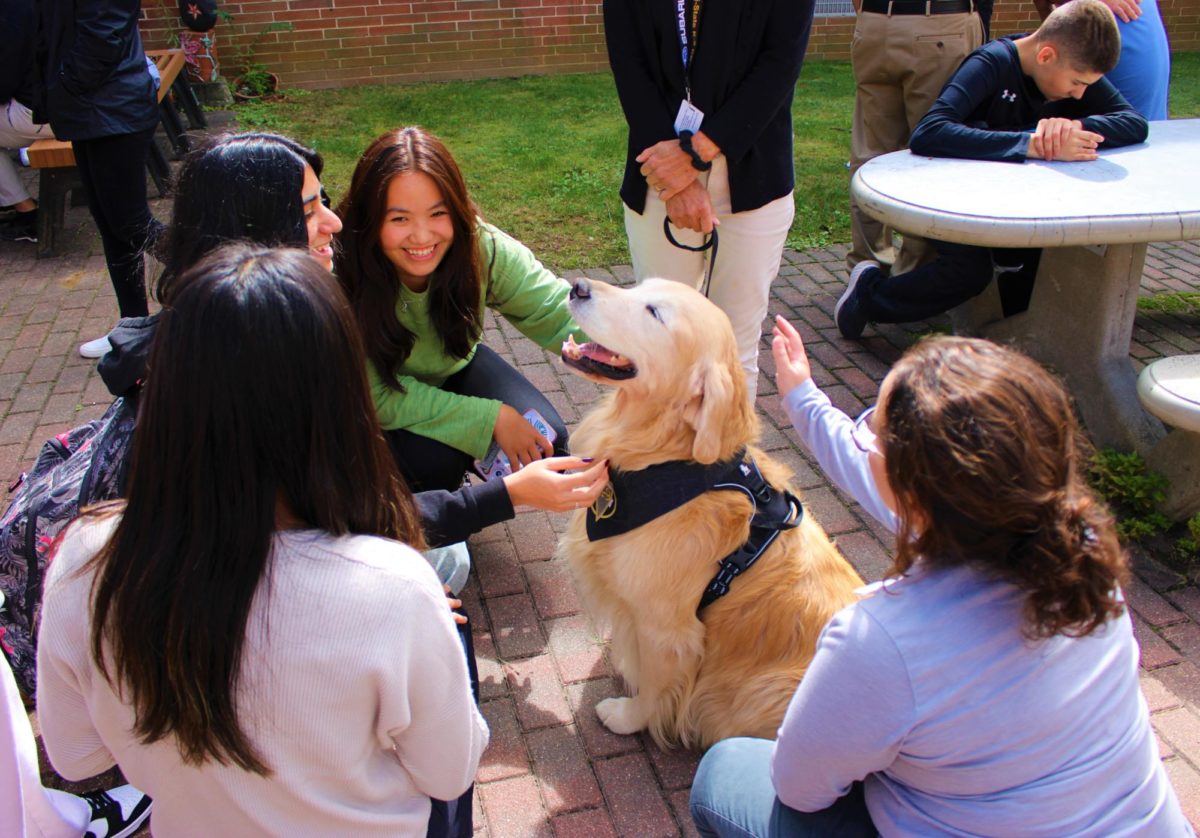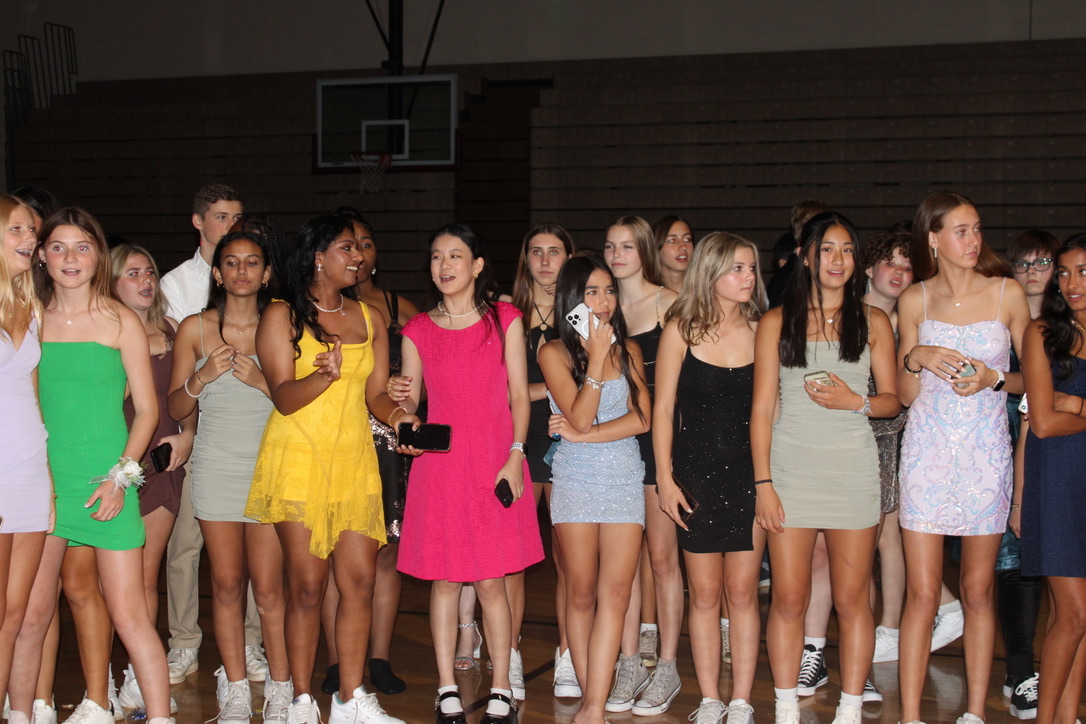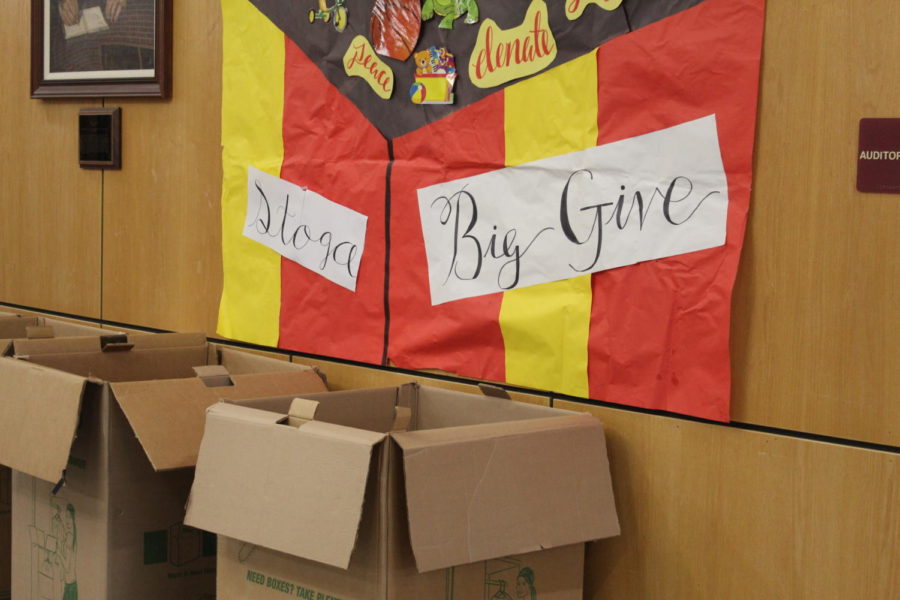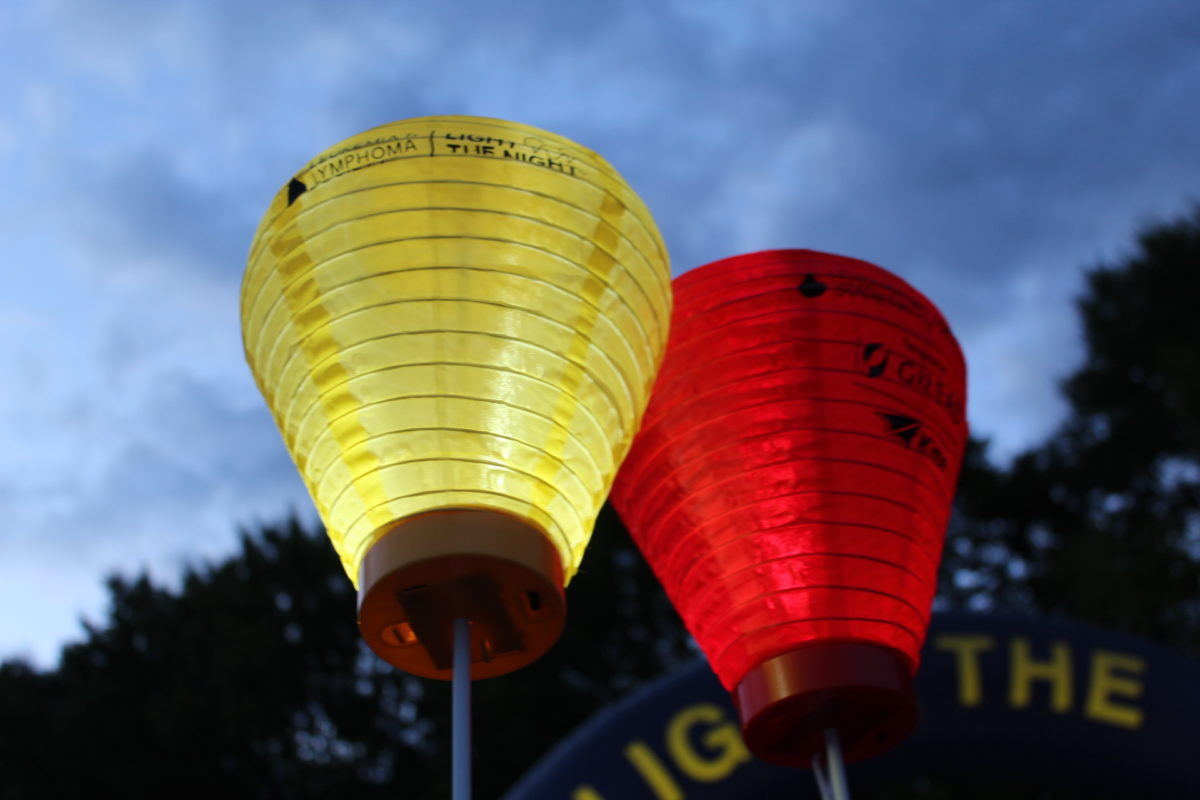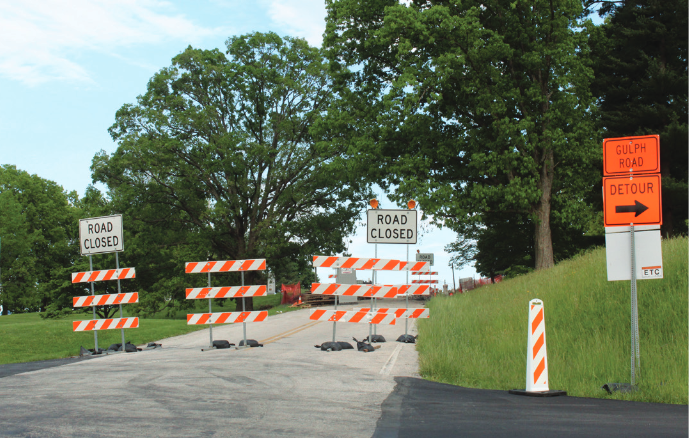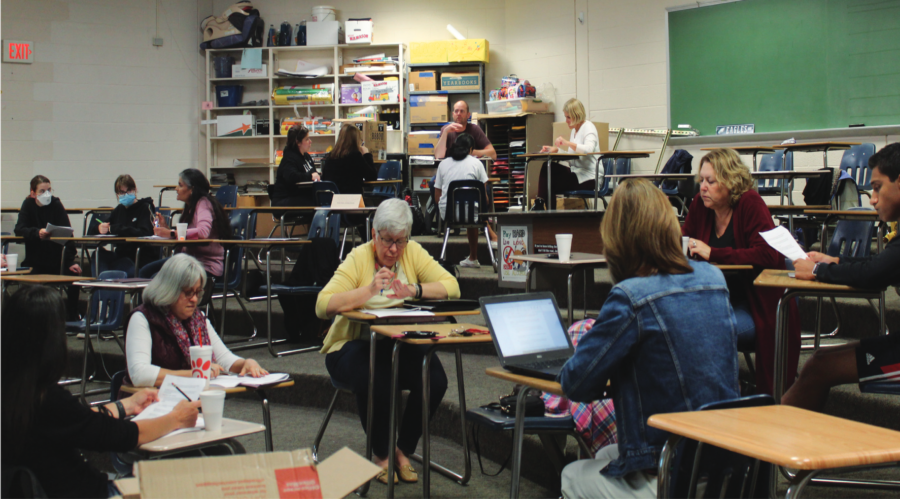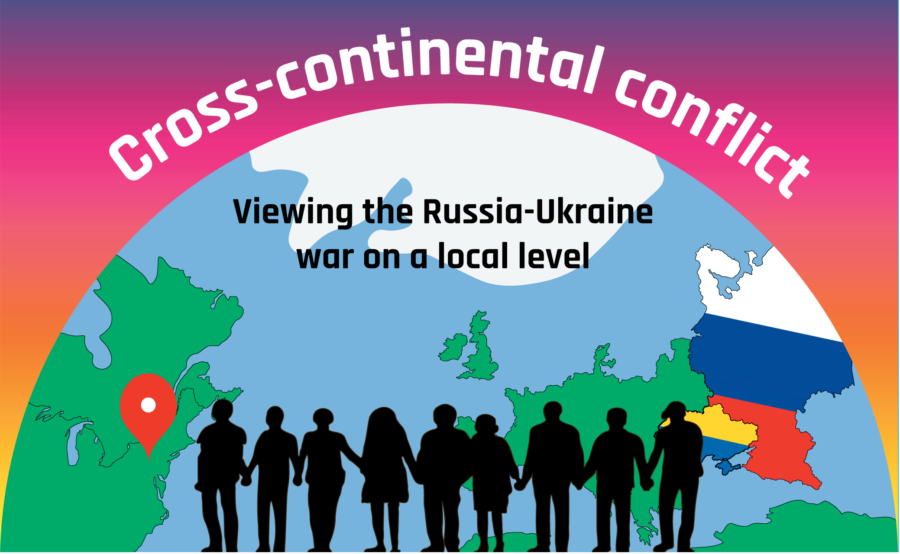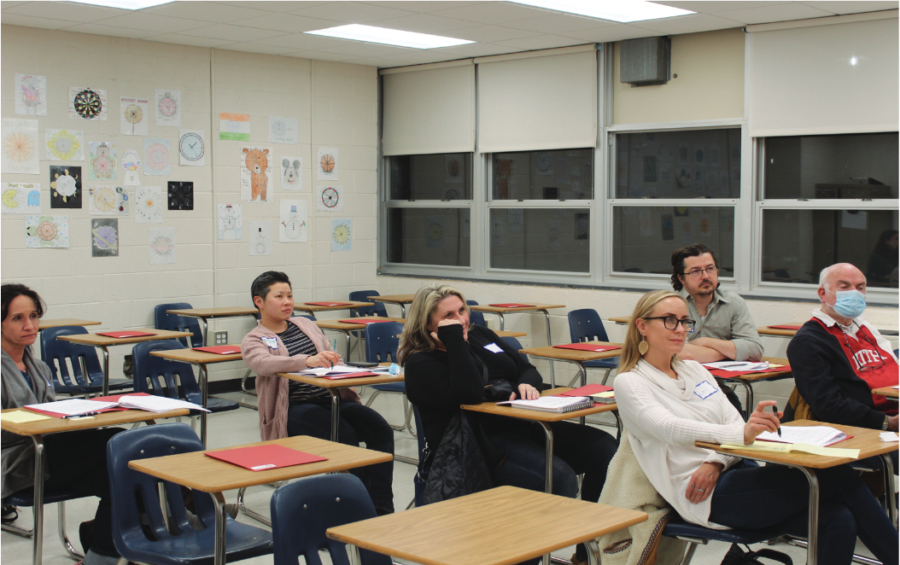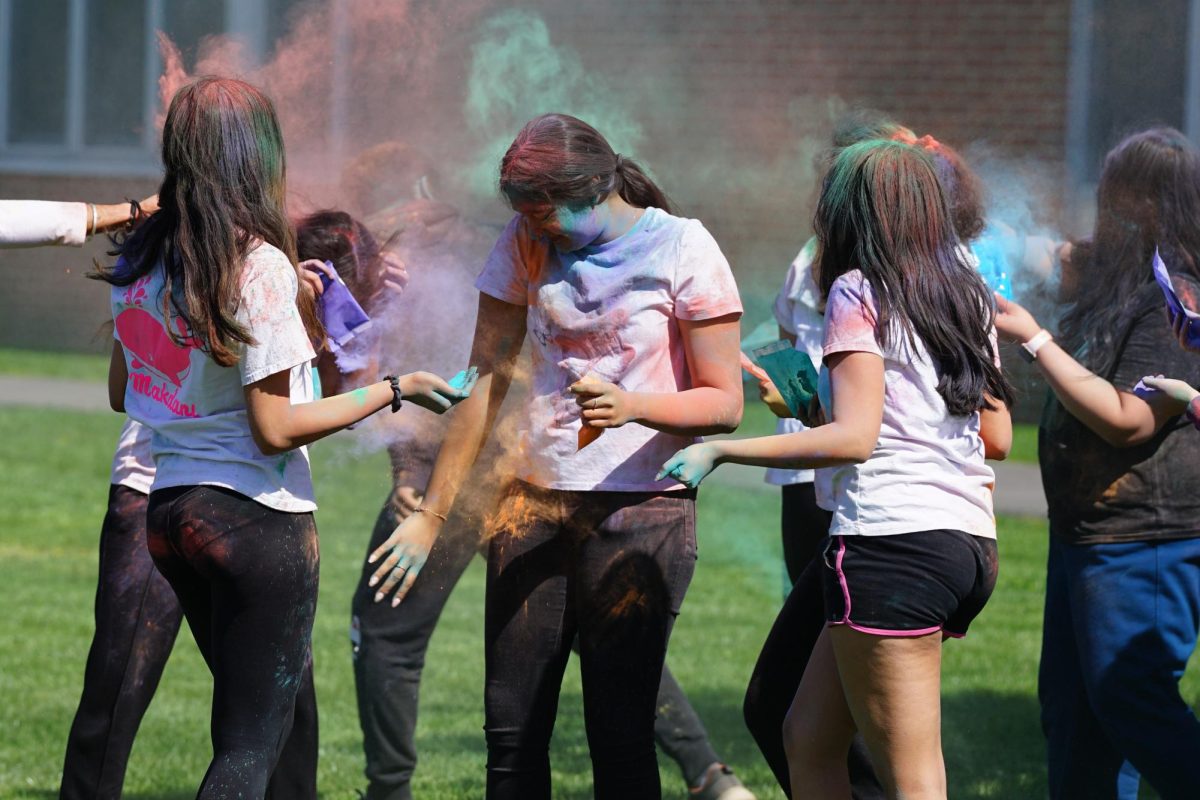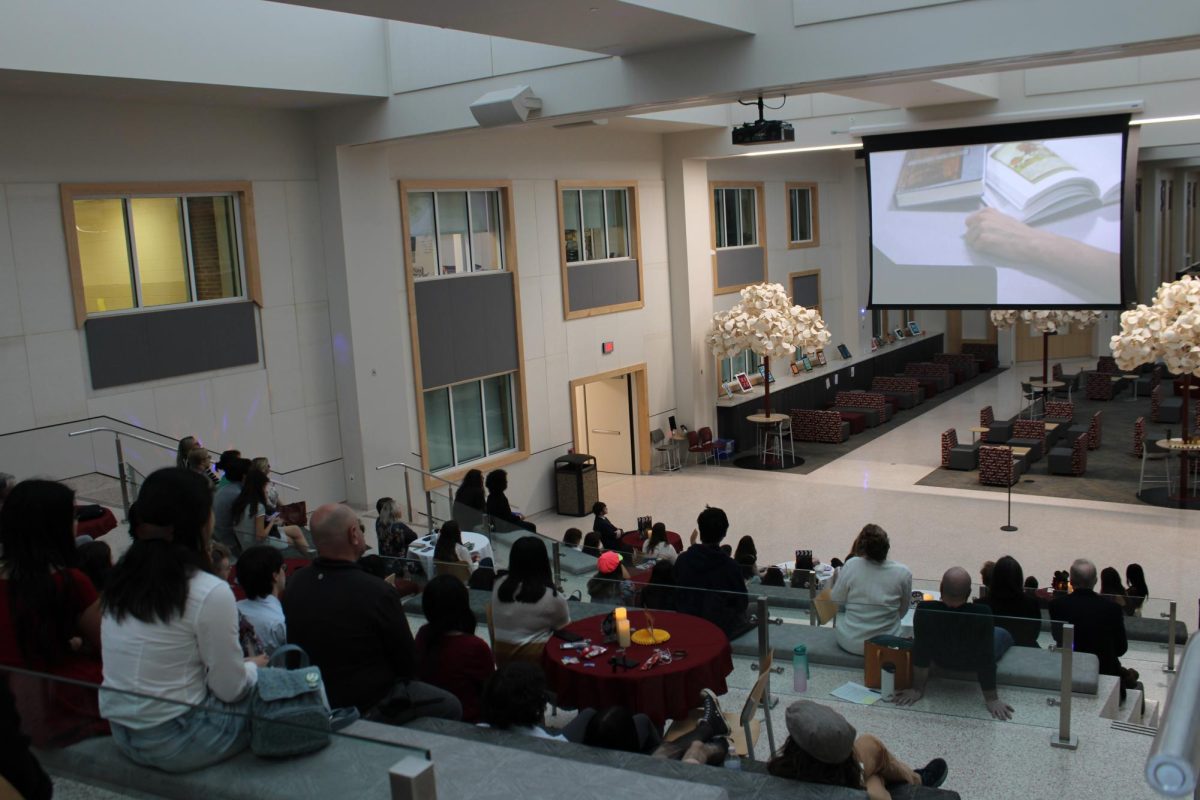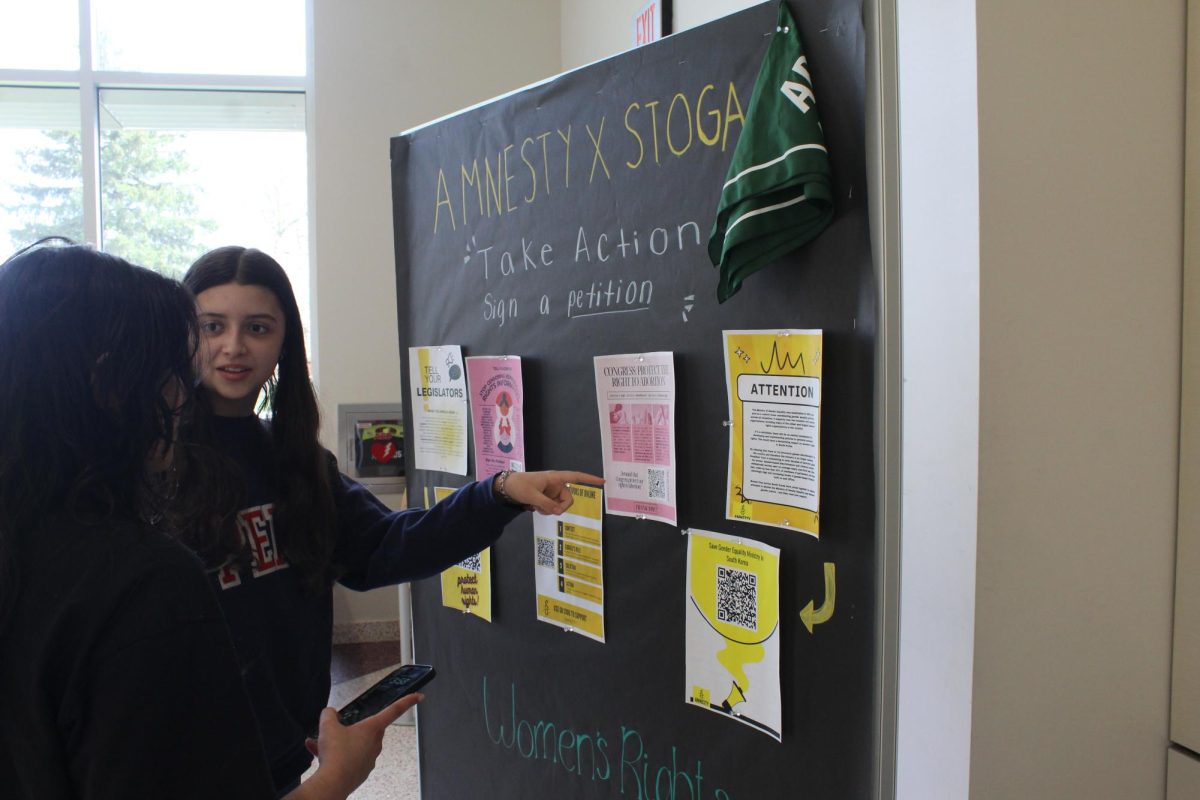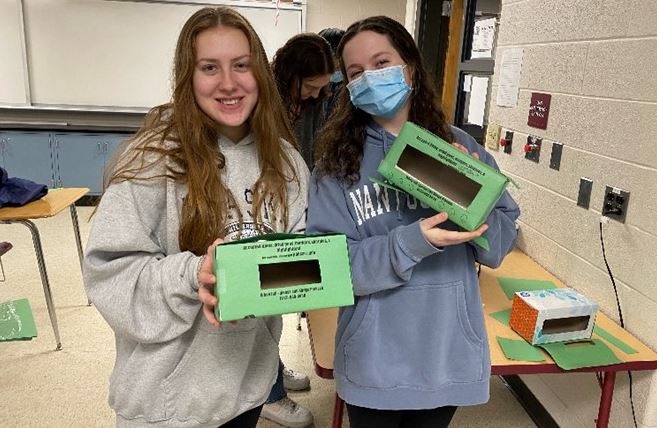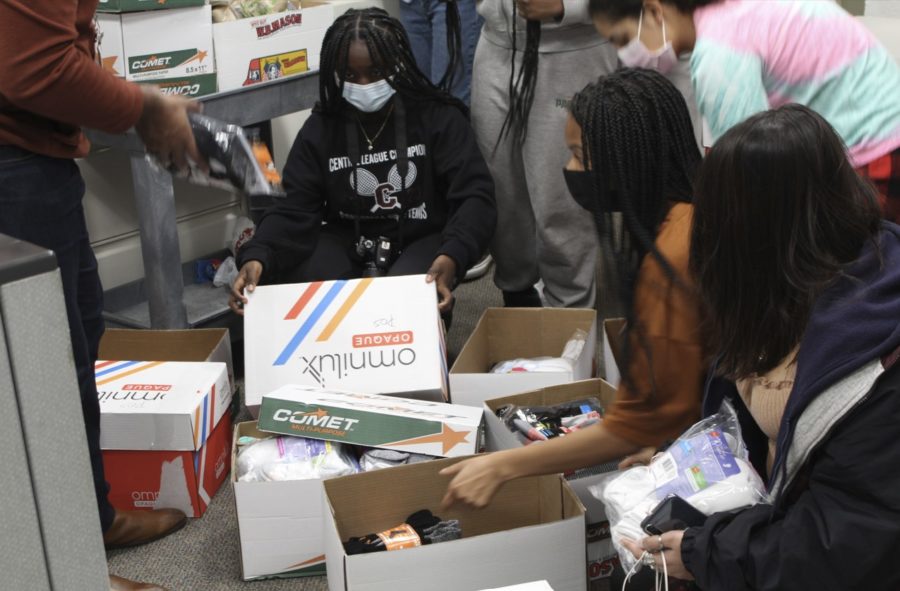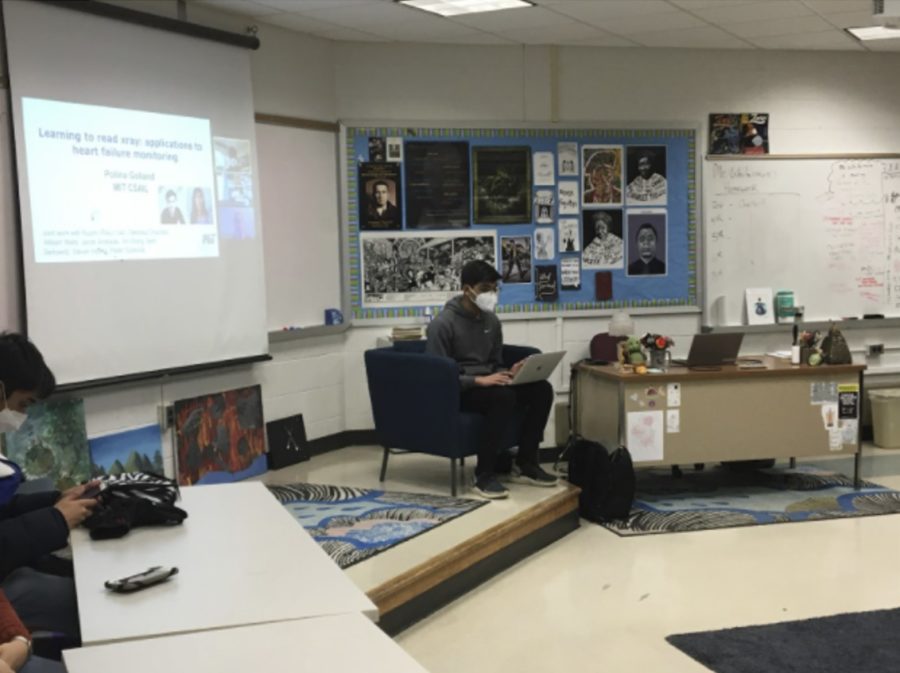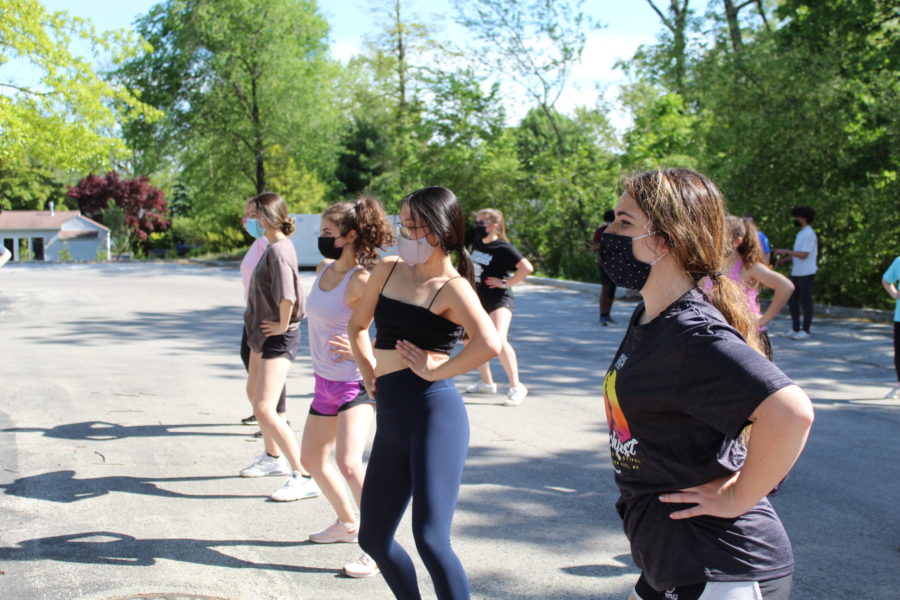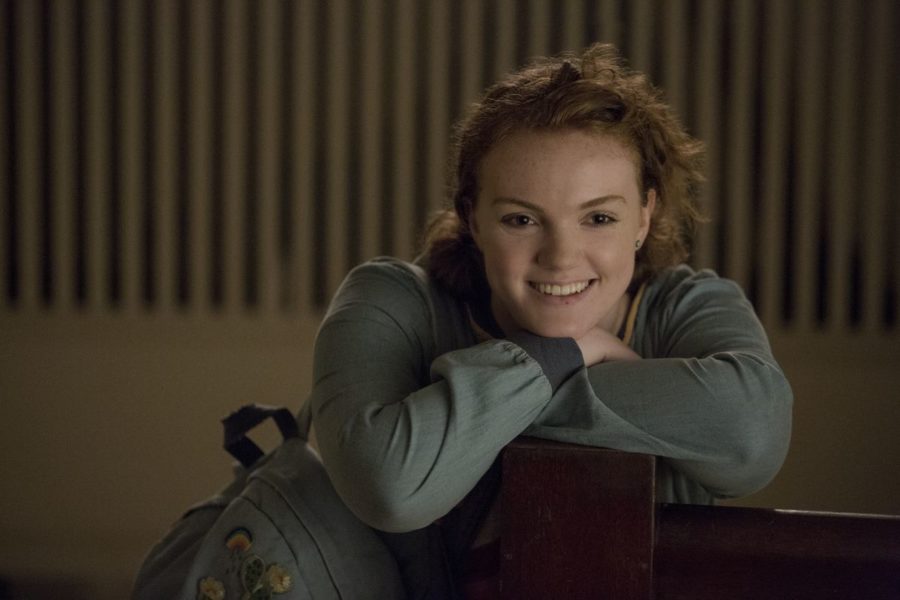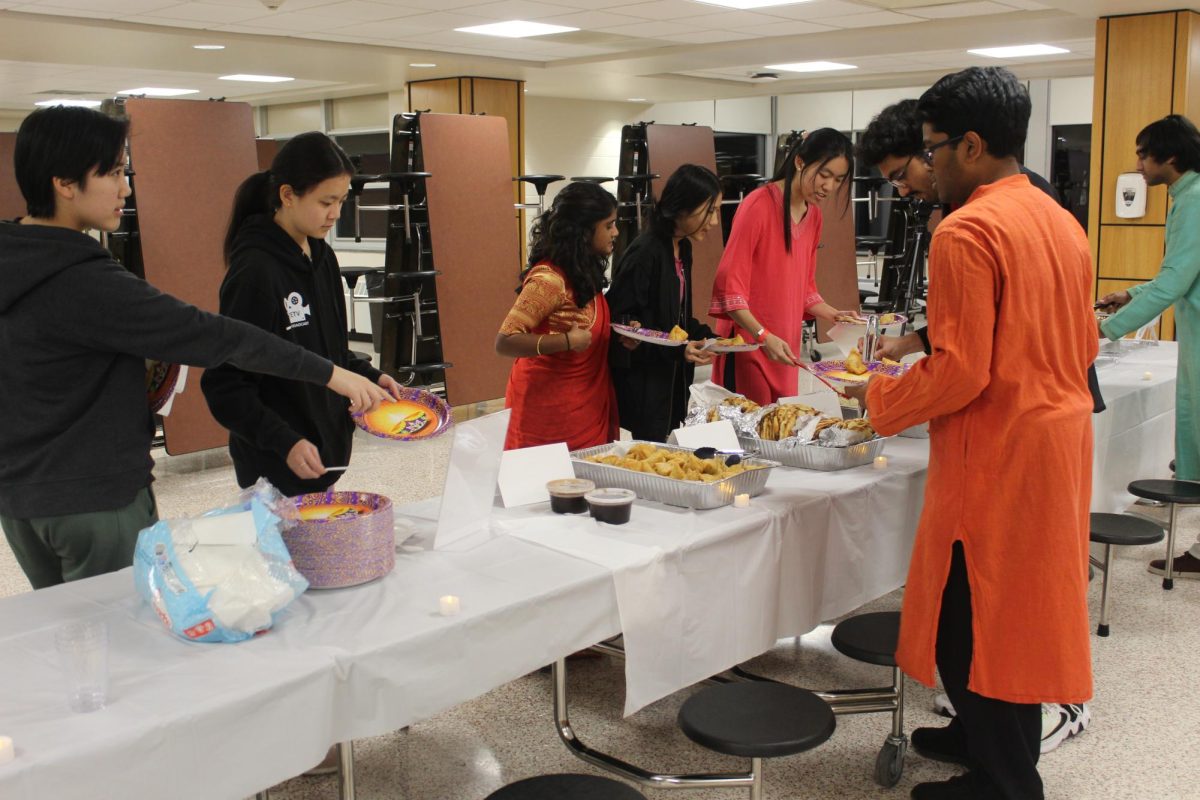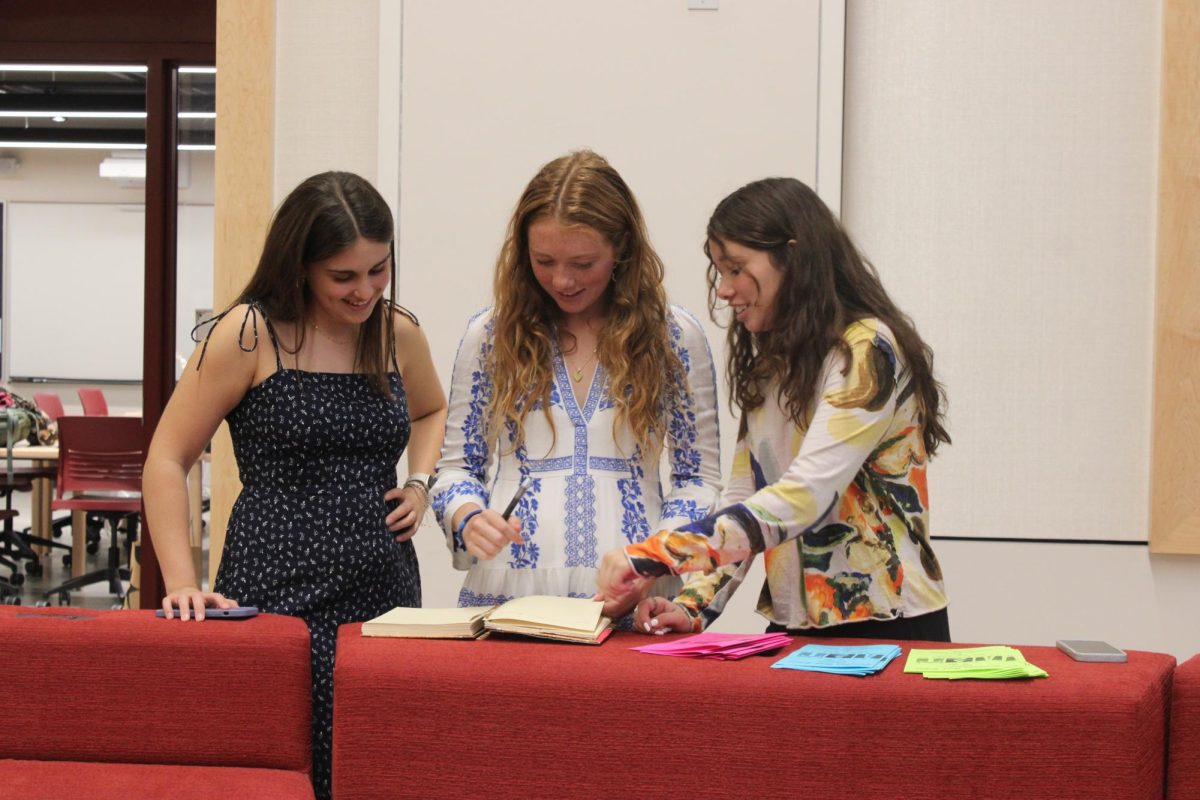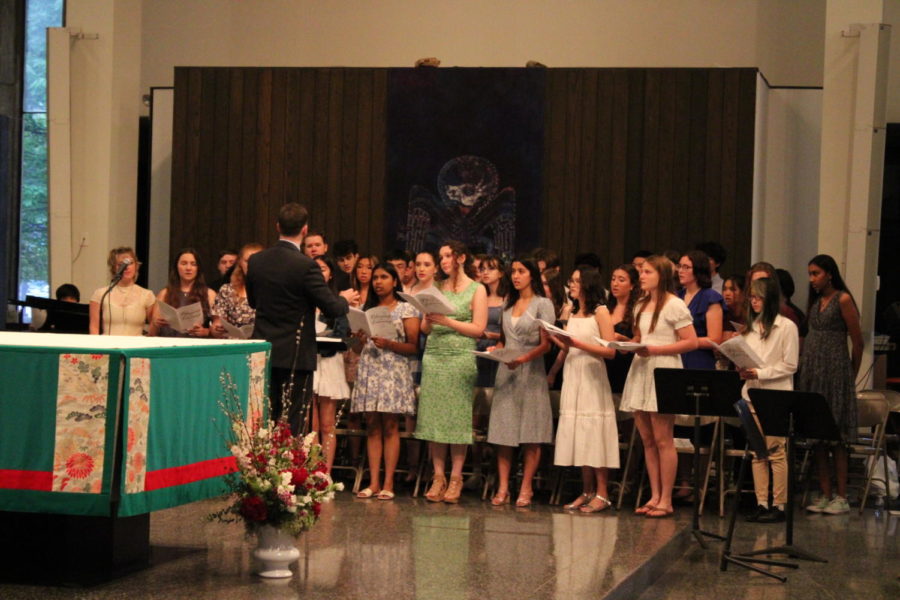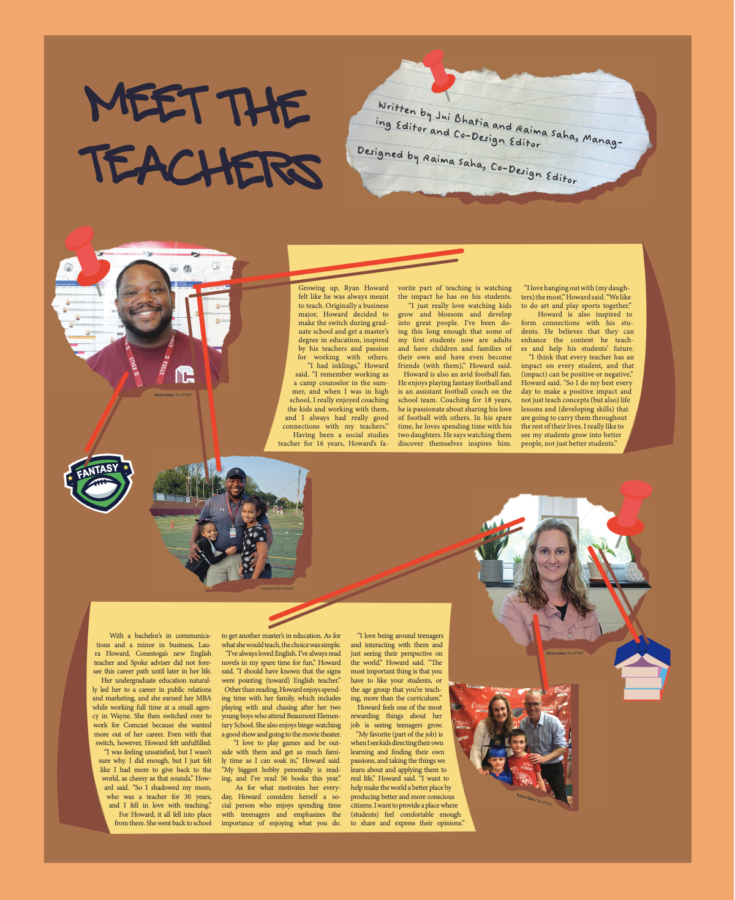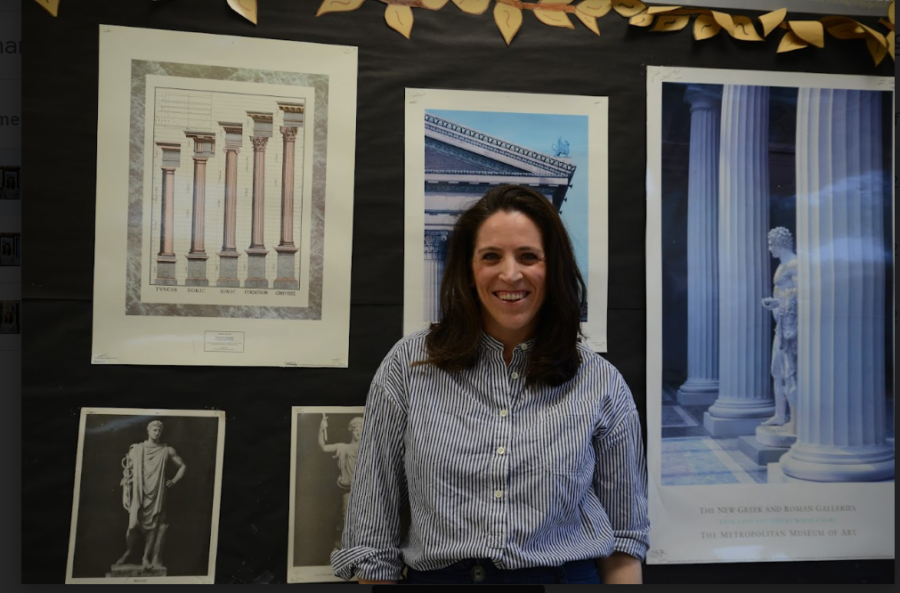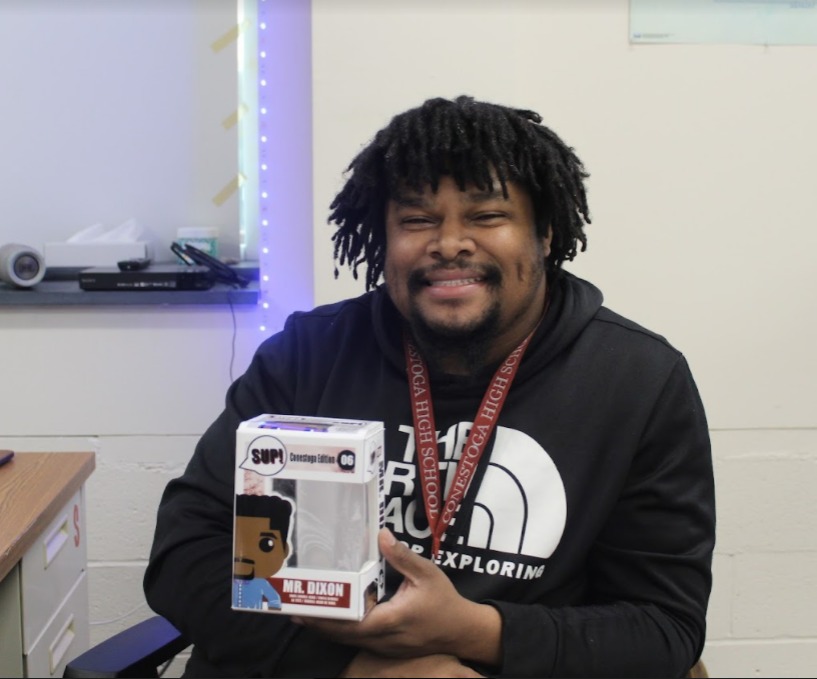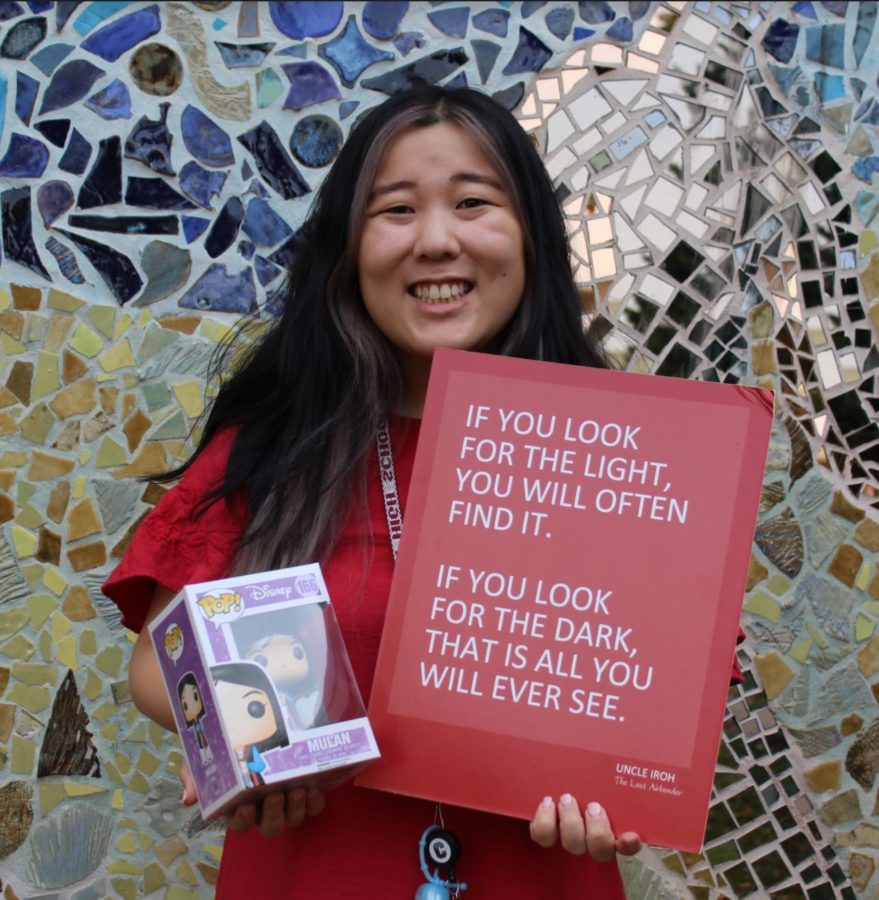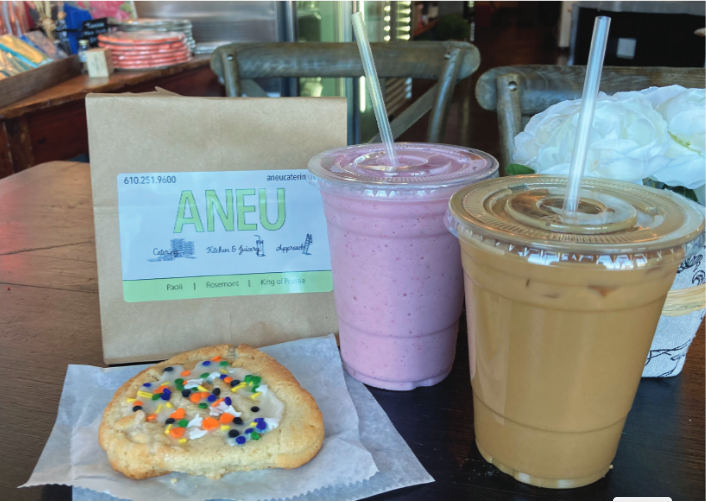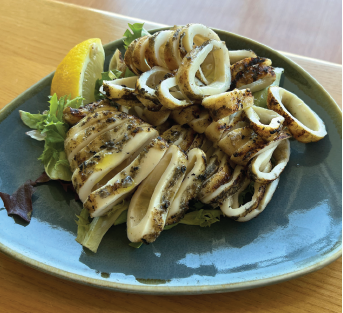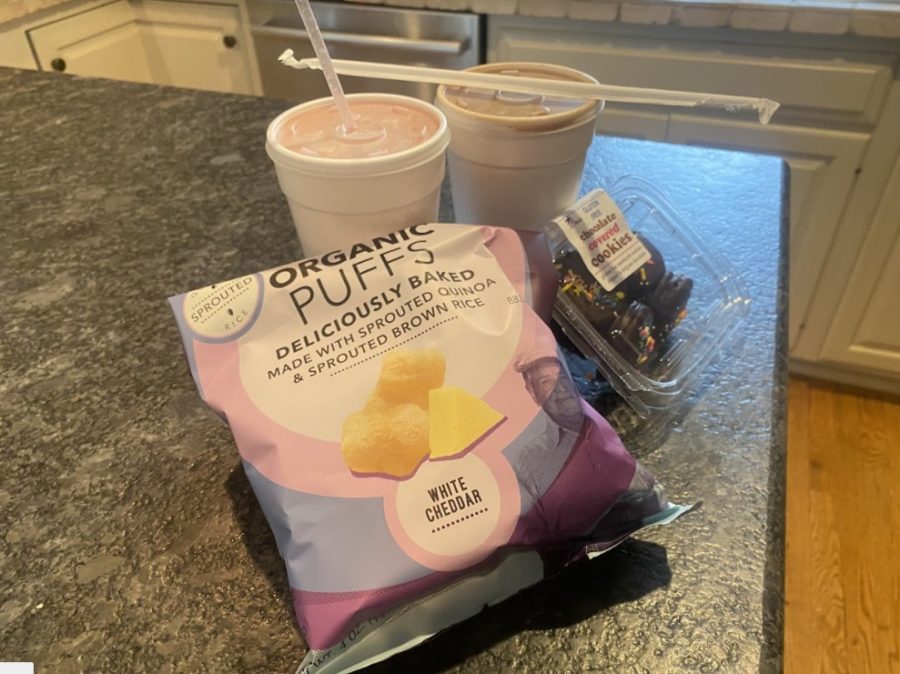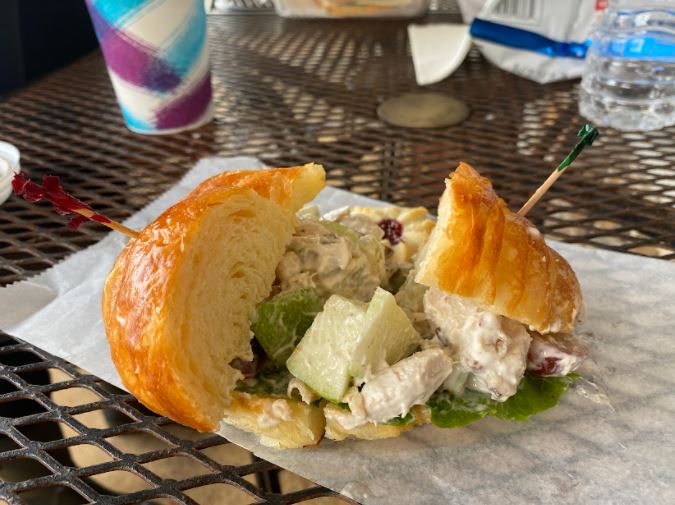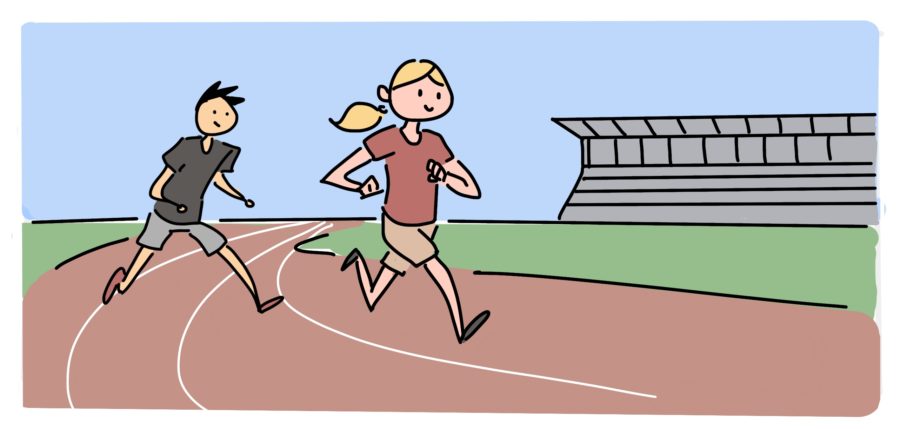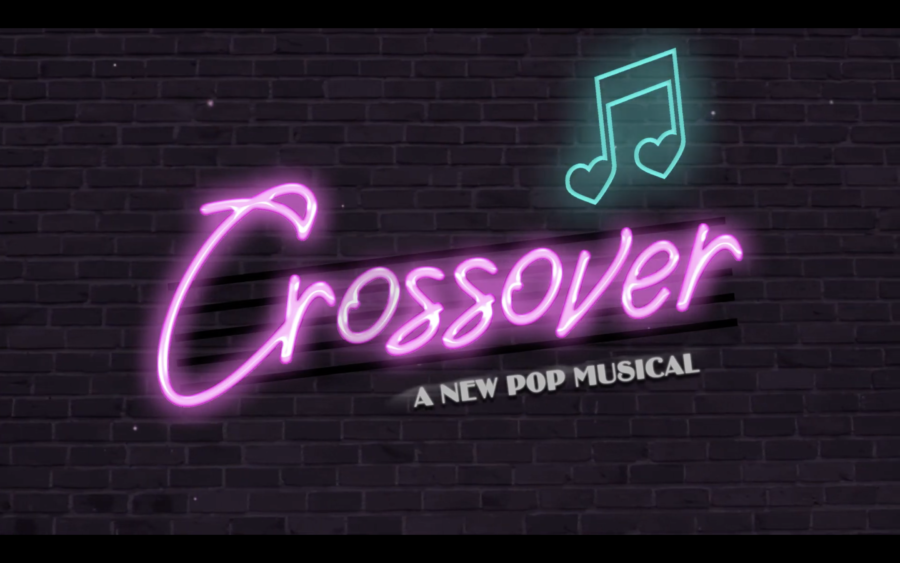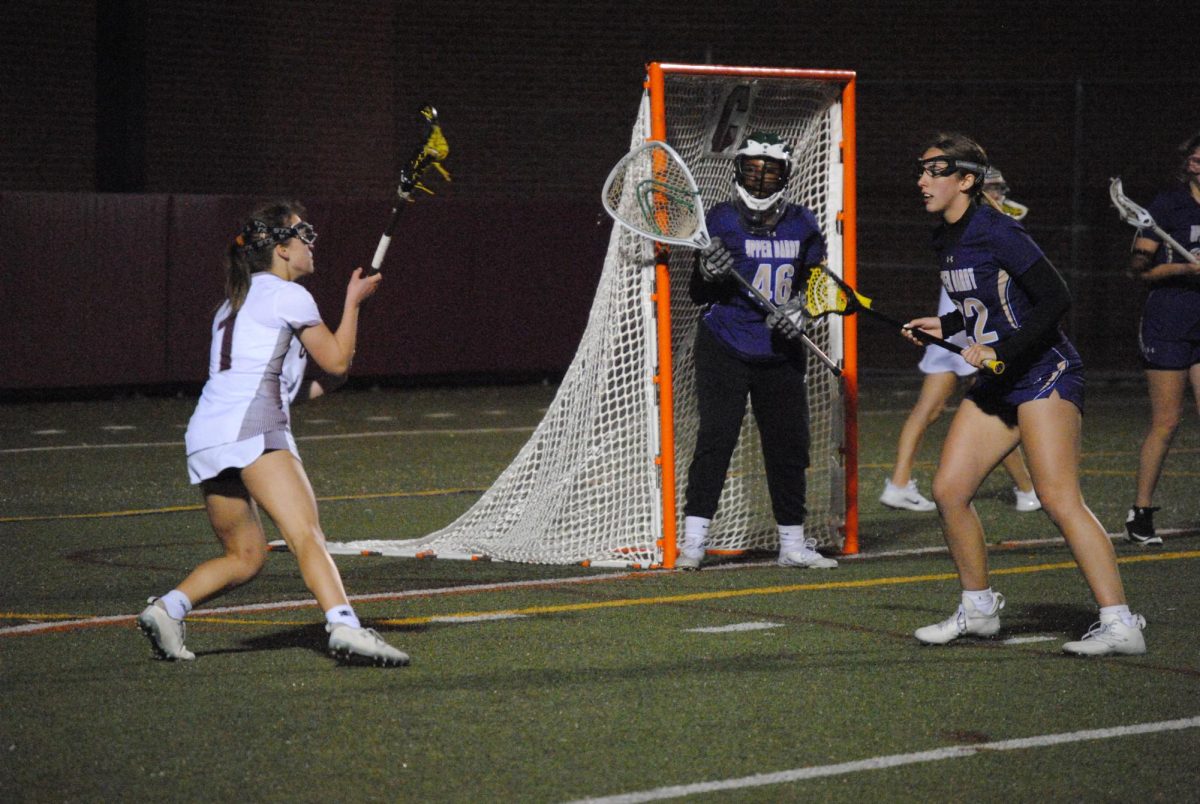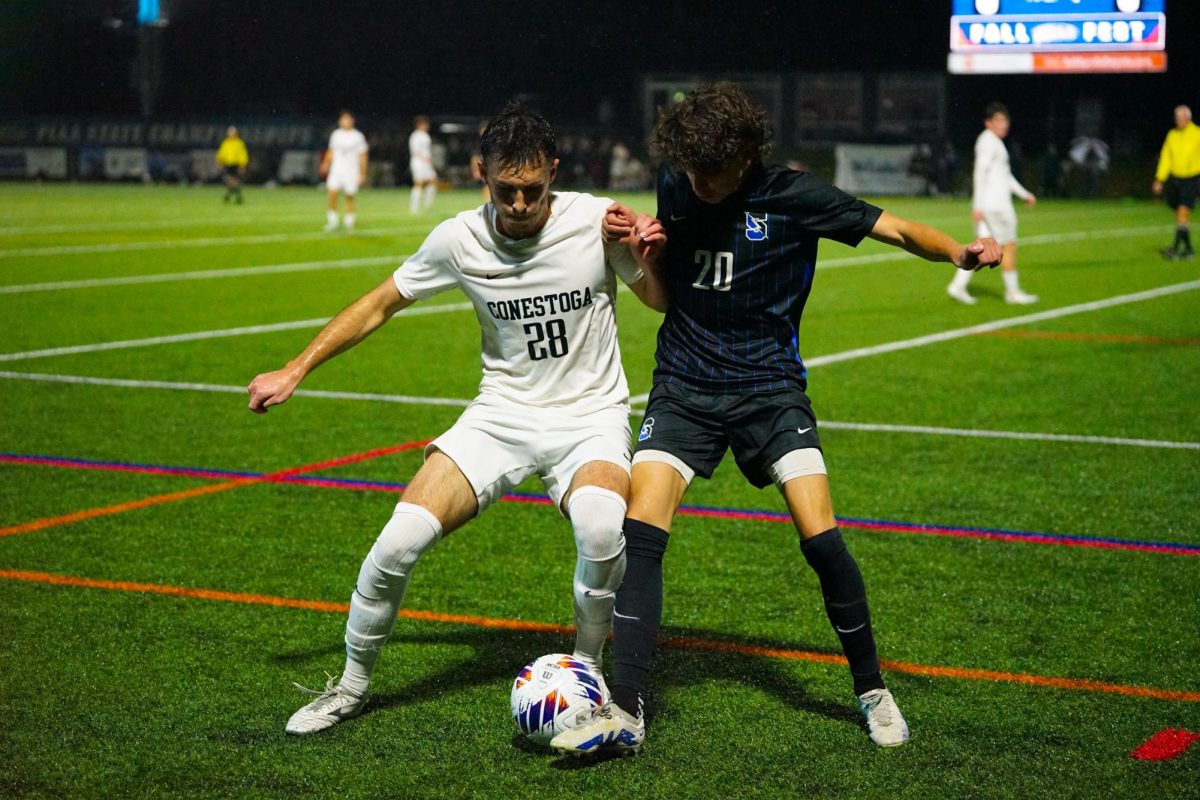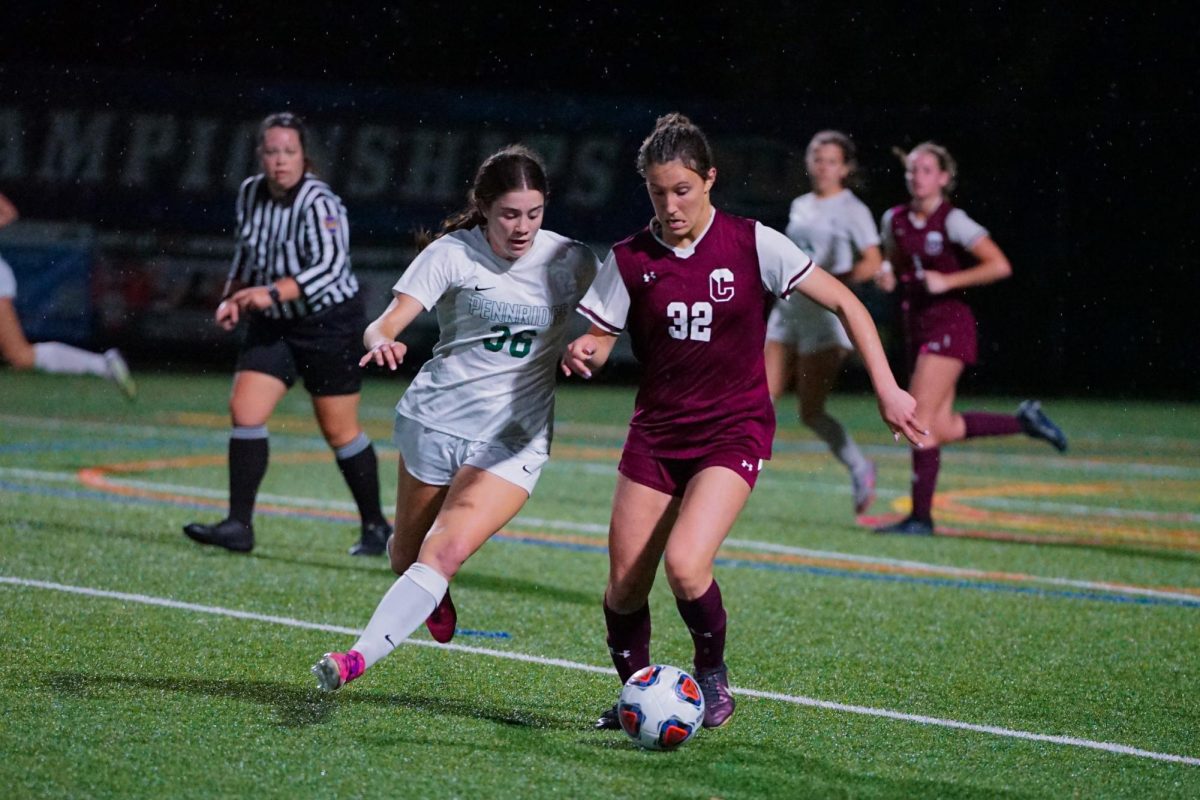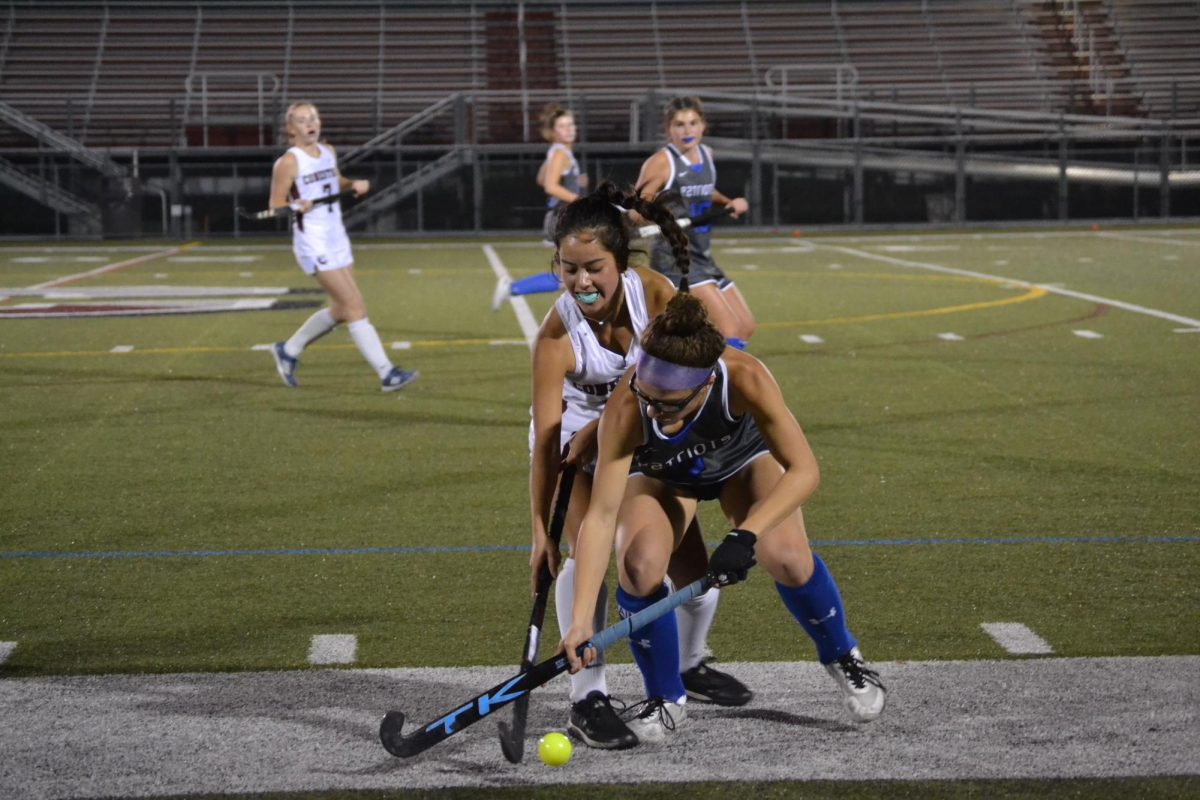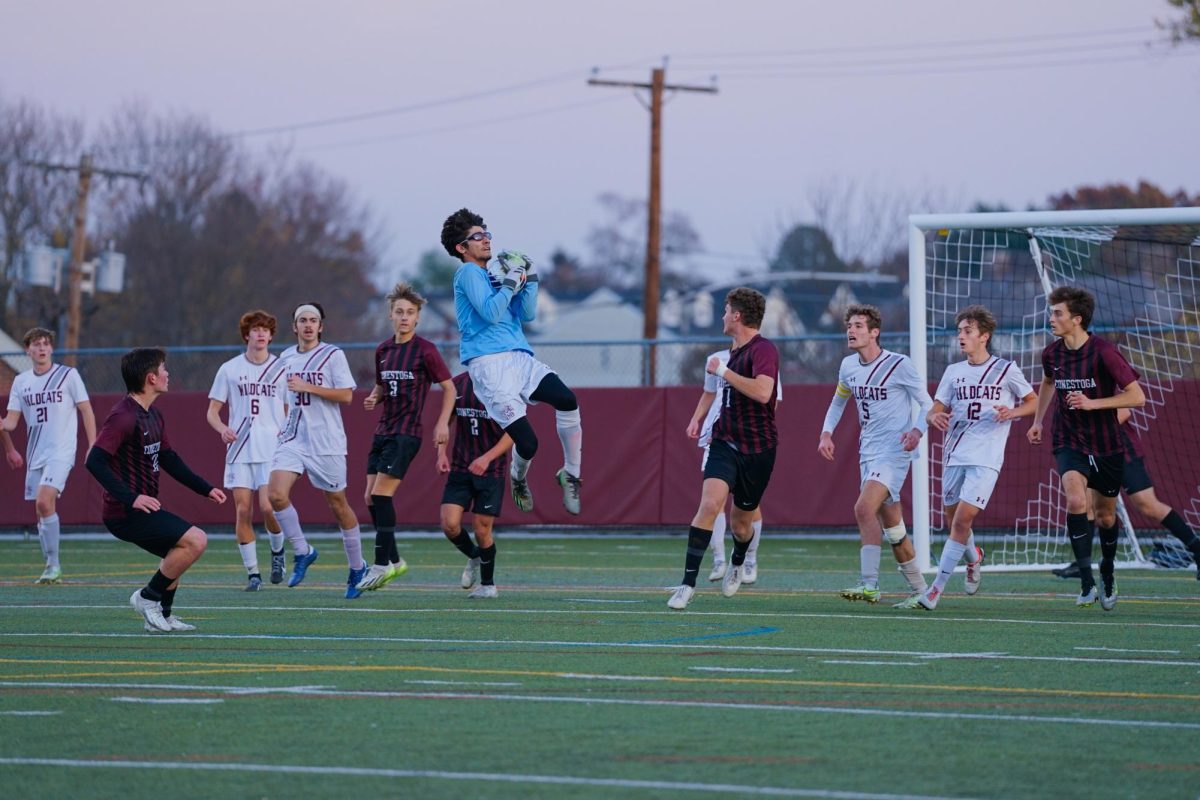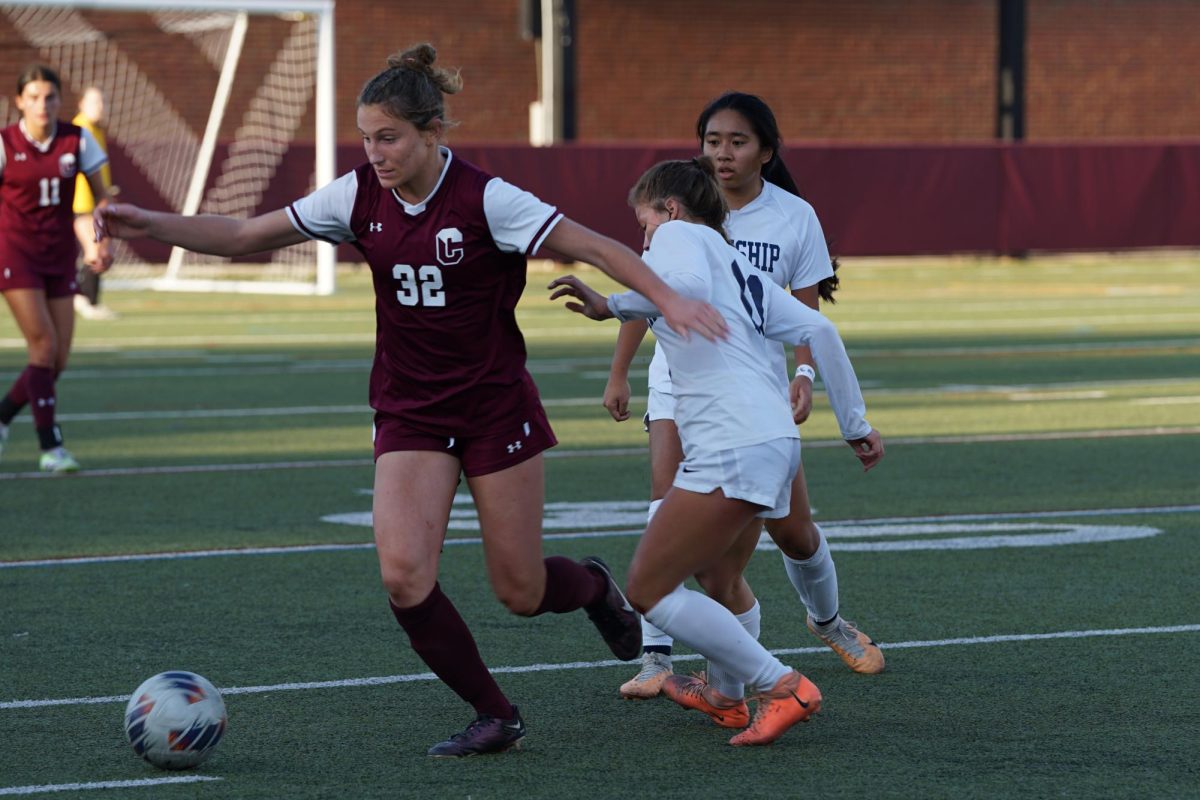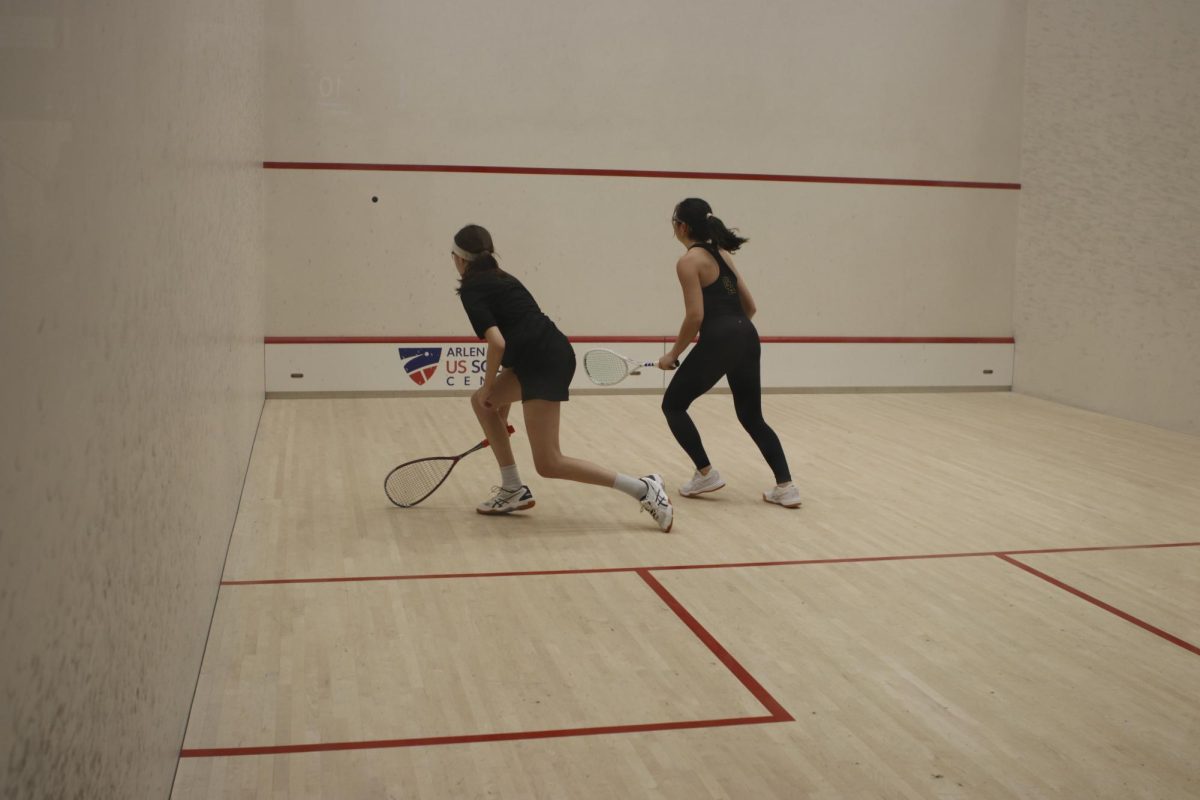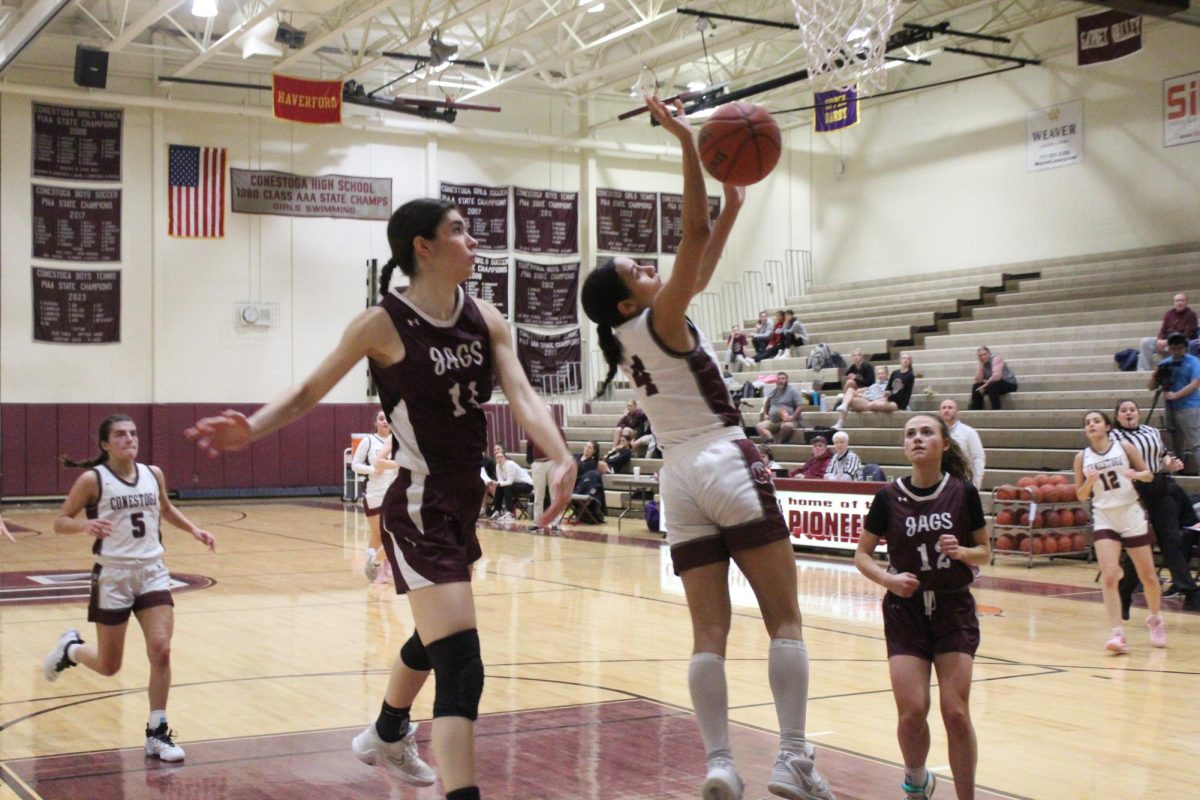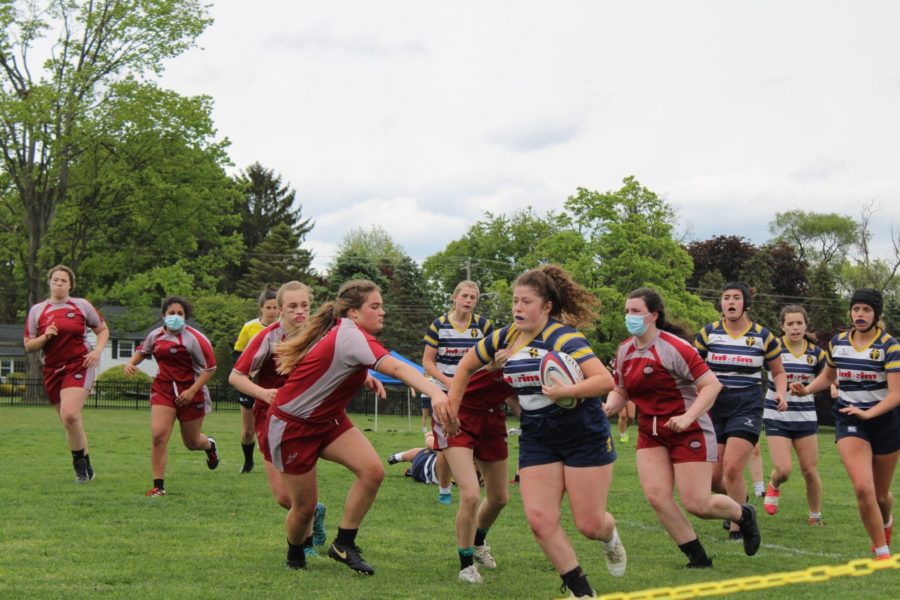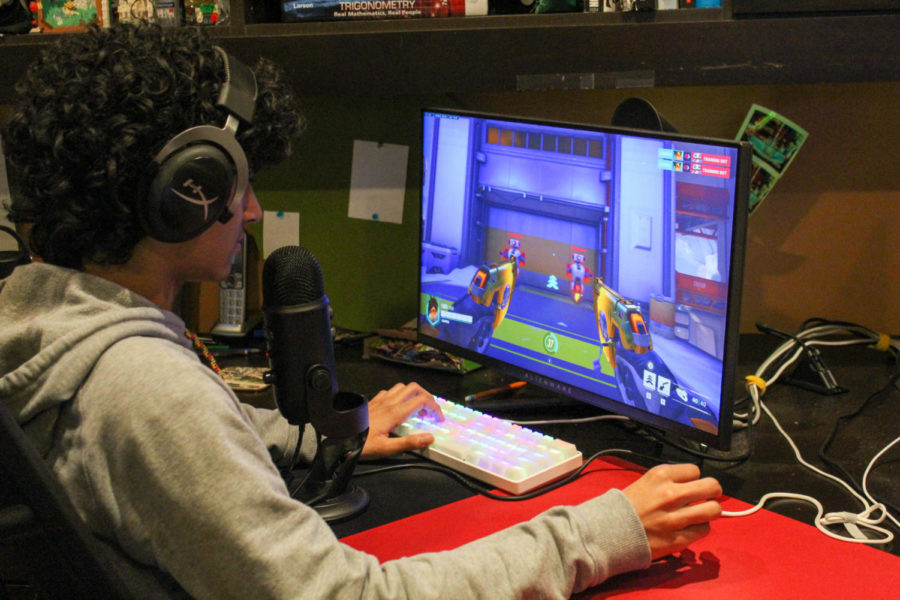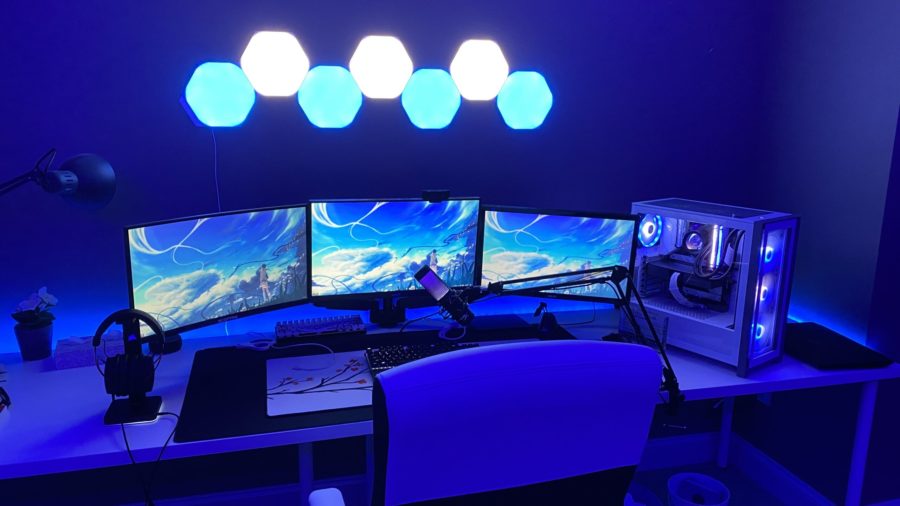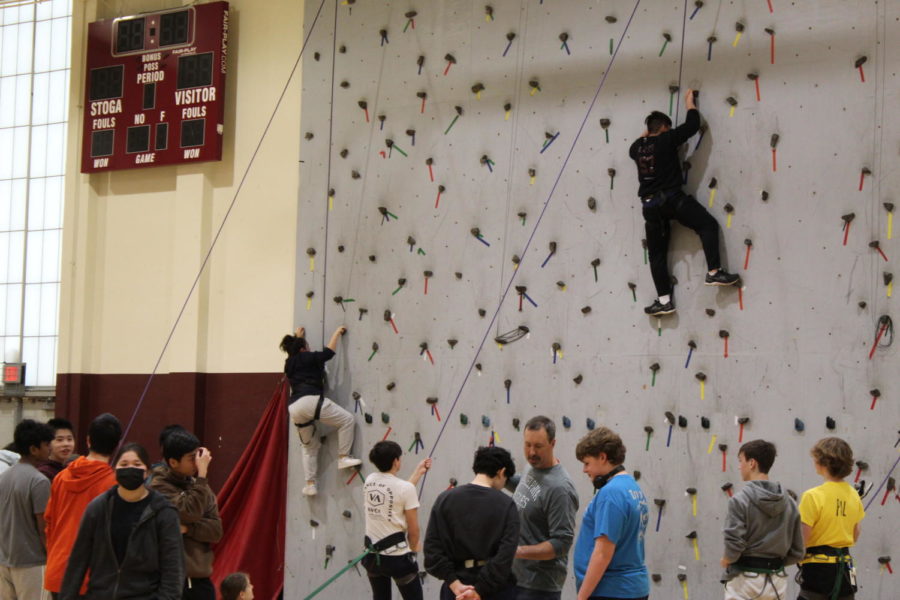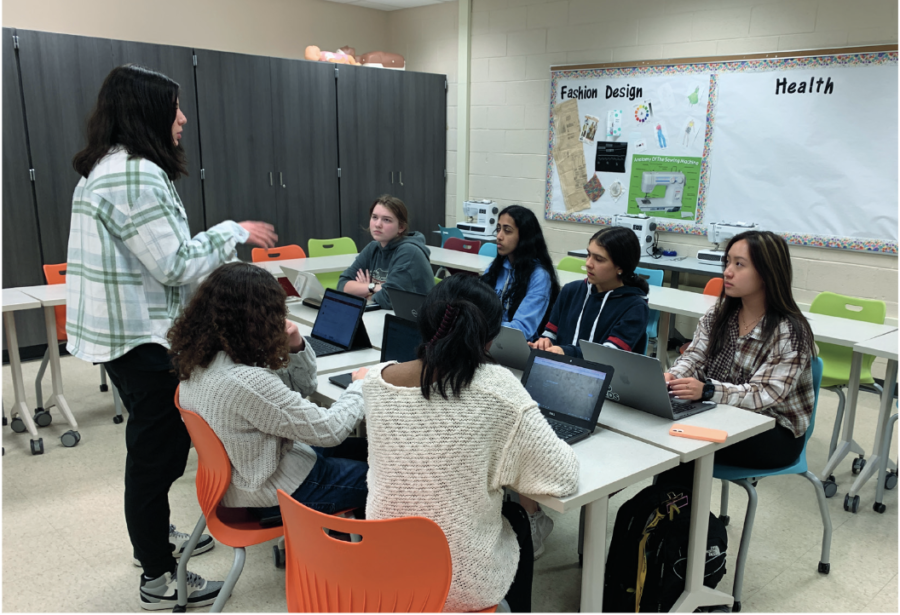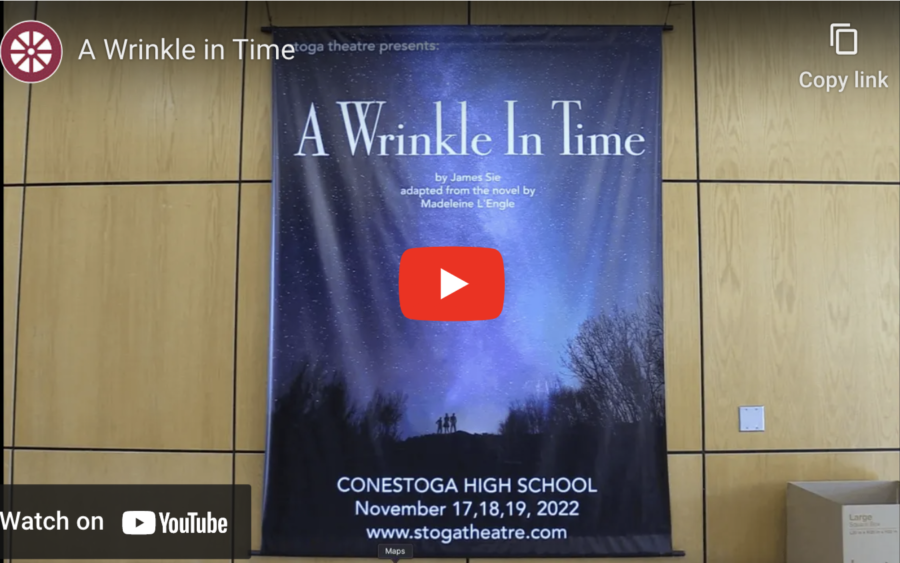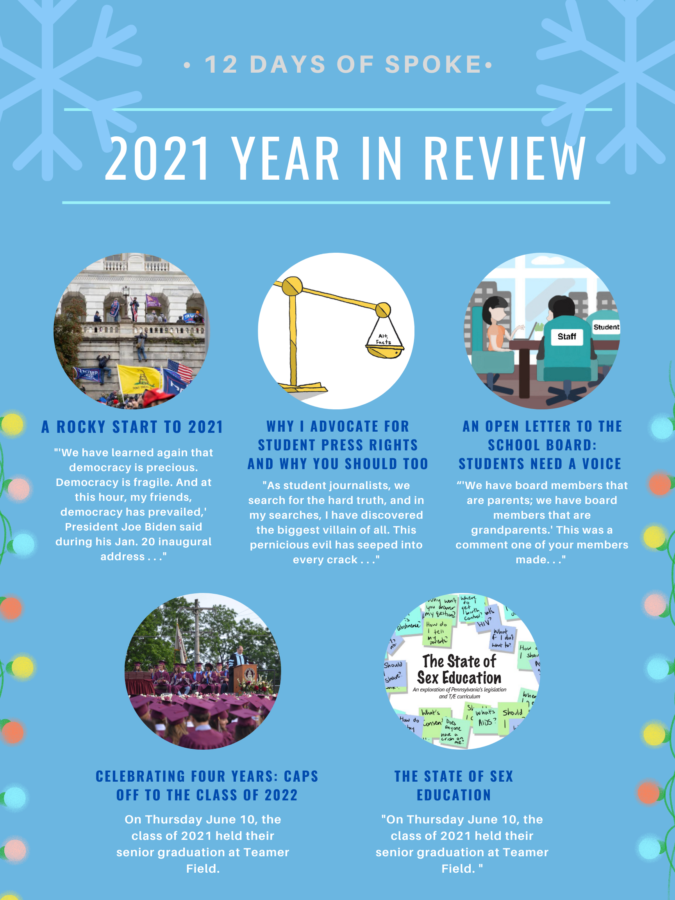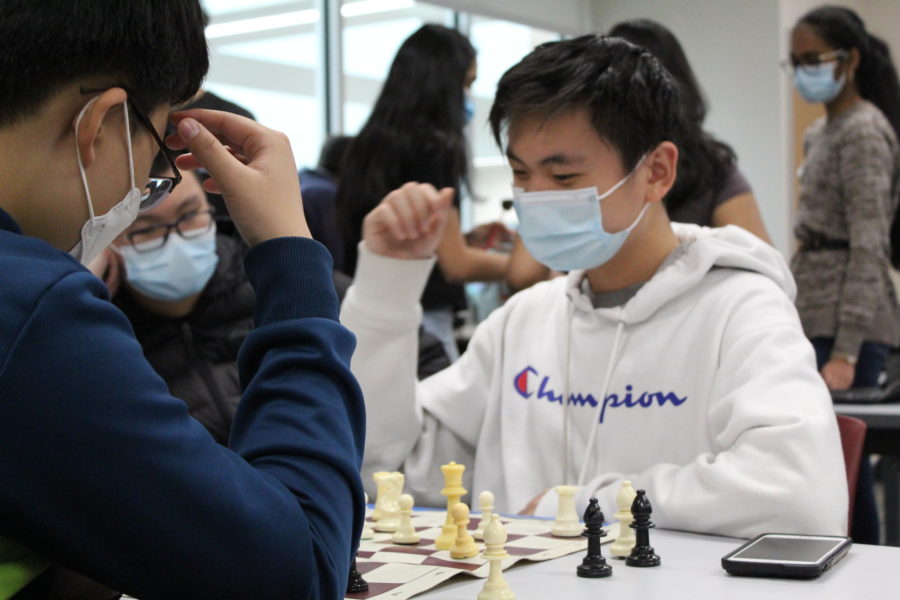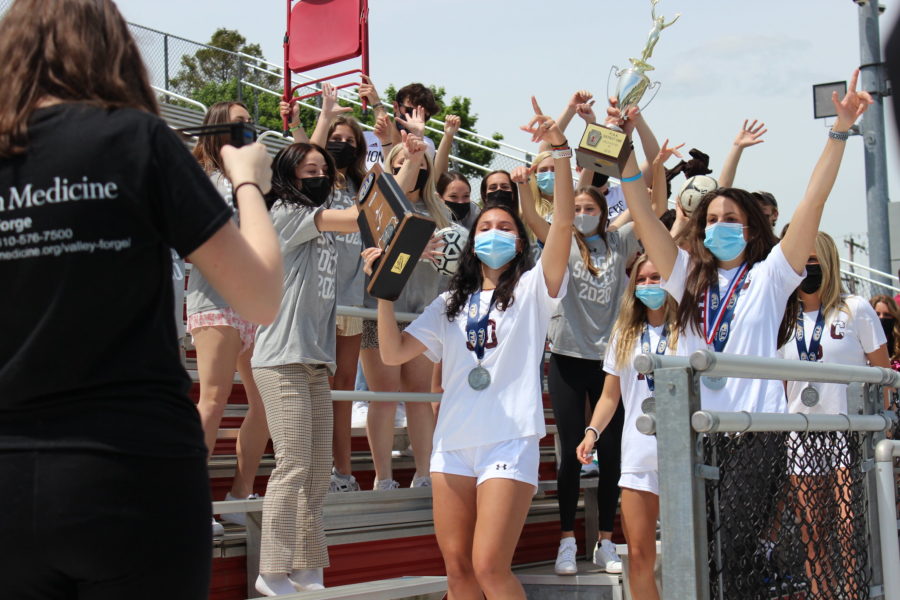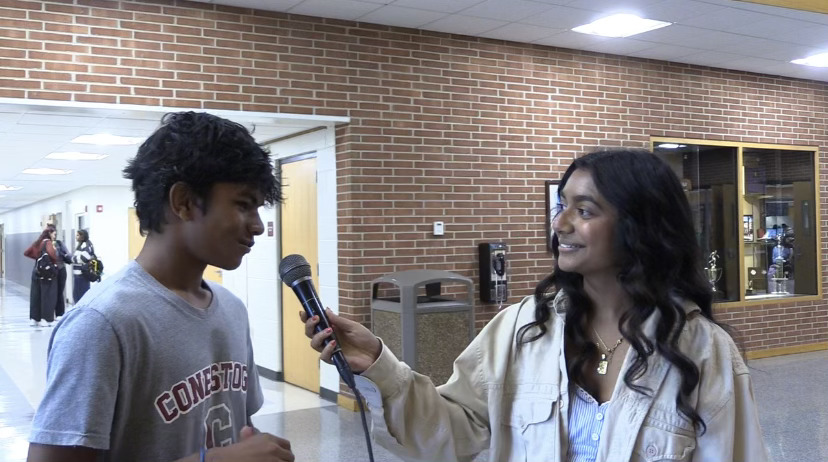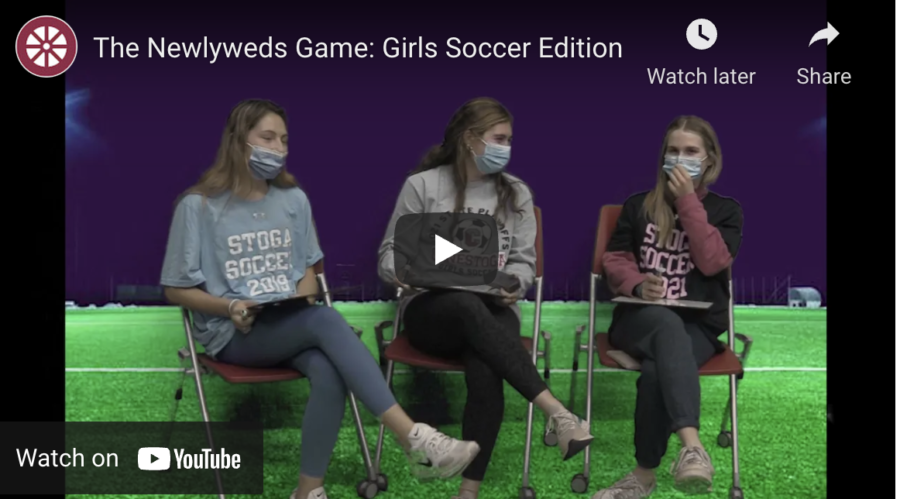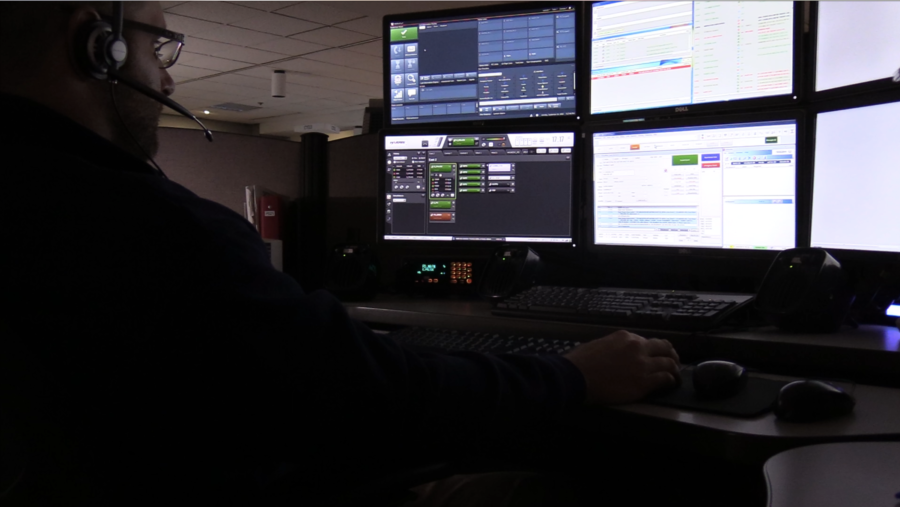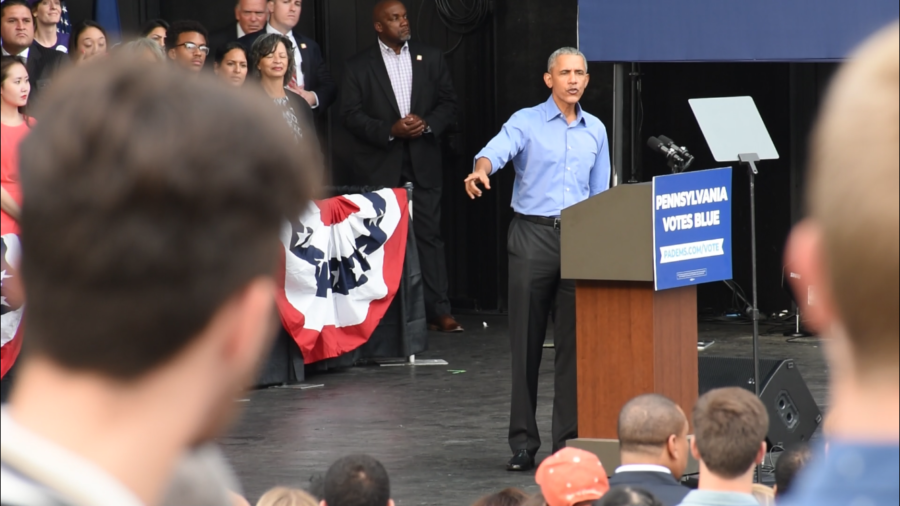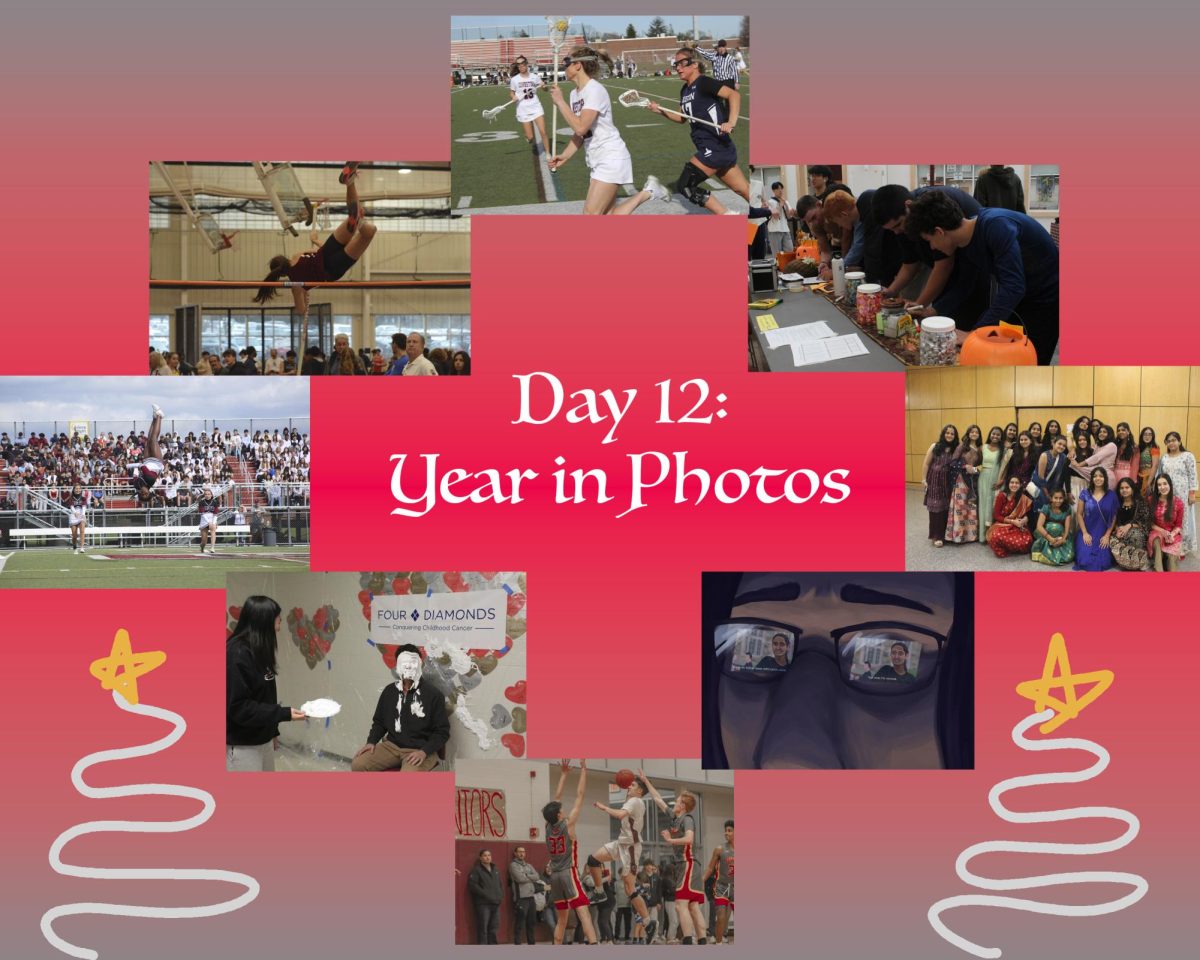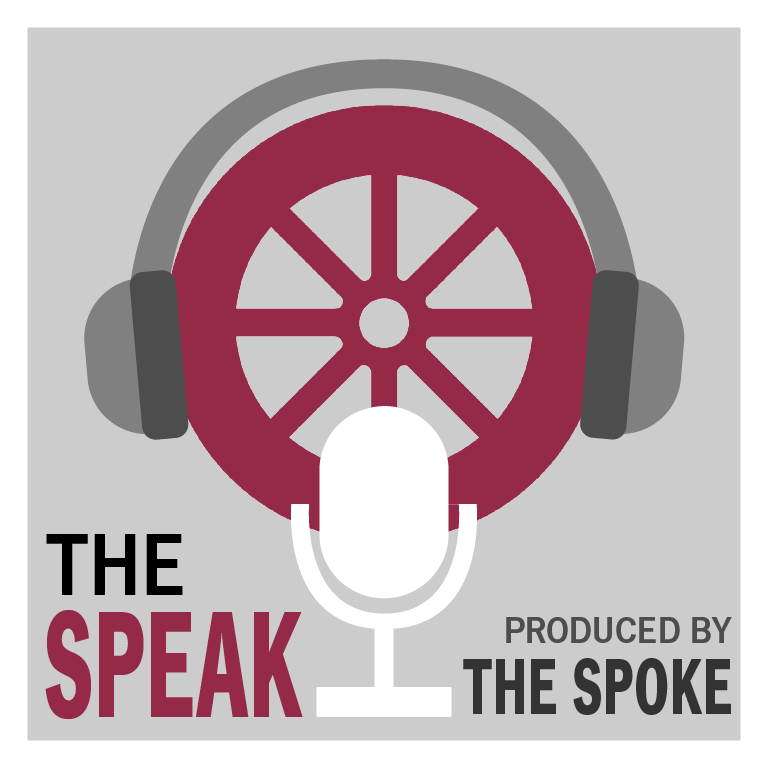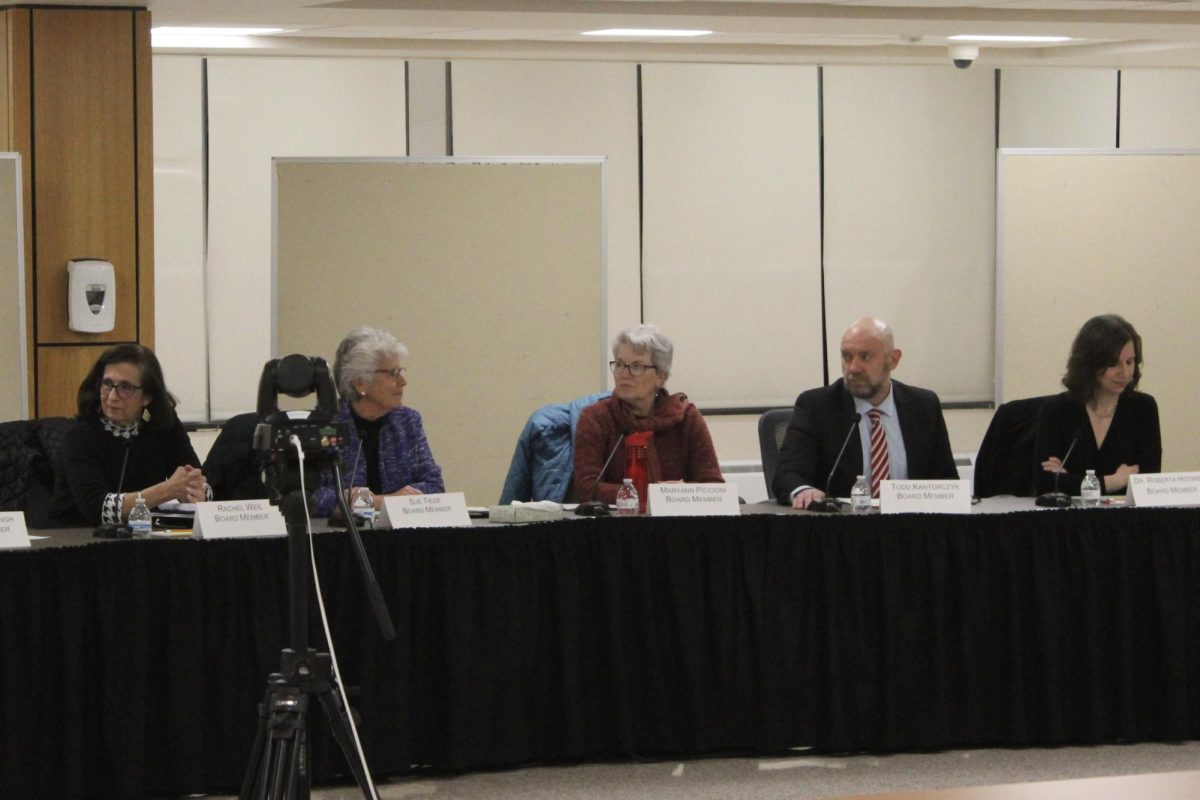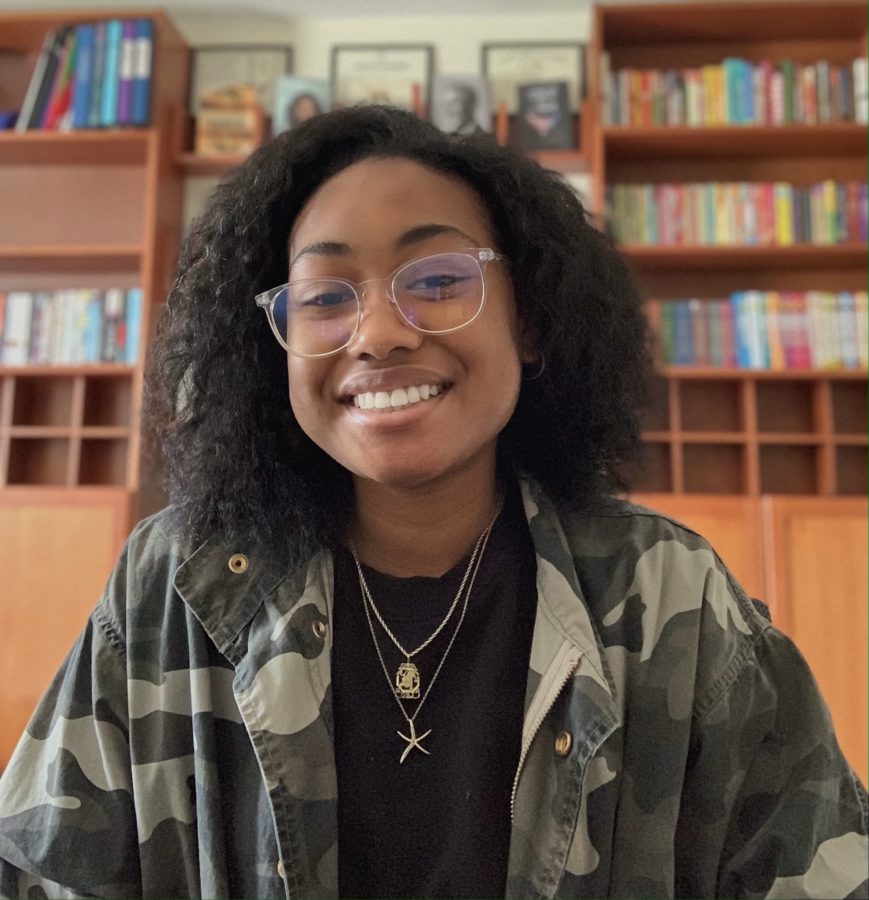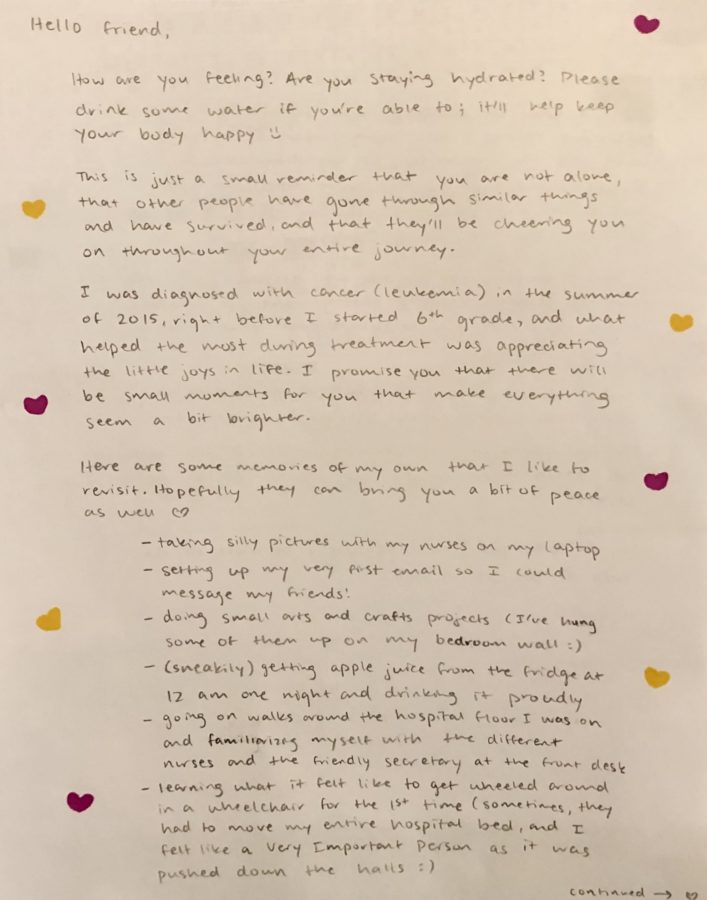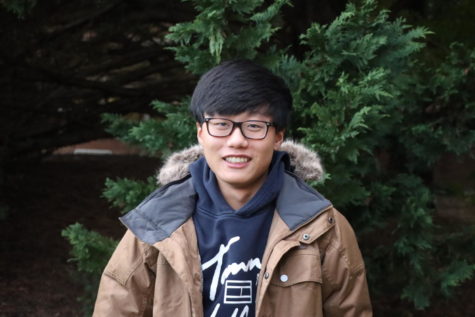By Kate Phillips, Staff Reporter
During this pandemic, it is important for Conestoga students to be aware of their mental health and how it may be impacted by self-isolation and the threat of COVID-19. Conestoga counselor Katherine Barthelmeh and mental health specialists Christine Dunleavy and Joellen Corrocher explain the effects this pandemic can have on mental health.
“It is important to recognize the fact that isolation can lead to a variety of emotional responses, including extreme boredom and/or stress,” Barthelmeh says. “As a society, and of course as a school, our whole way of functioning was disrupted and required a significant change in how we were living and functioning day to day.”
When faced with so much time alone at home, it may seem impossible to fill every hour of every day with something entertaining and occupying. Barthelmeh, Dunleavy and Corrocher recommend that students try journaling, connecting online with friends and family, exercising, spending time outdoors, or pursuing a hobby. They also recommend planning a routine.
Now, more than ever, it is important to recognize that we are fortunate to have many platforms that work toward helping people with mental health disorders, especially anxiety and depression. On the district website, there is information for the Crisis Text Line, the National Suicide Prevention Lifeline, the Valley Creek Crisis Intervention, Consumer-Run Warm Line and the Chester County Mental Health Resource Guide. The Valley Creek Crisis Intervention line offers a crisis program for children, adolescents and adults and is free to use for anyone who lives in Chester County.
Conestoga’s teachers and students have kept the community connected and entertained through GMS Stoga, student council activities, library contests, Schoology videos and even office hours that give students a chance to talk with their teachers almost as they would in class. Barthelmeh recognizes the connection social media platforms such as TikTok and FaceTime provide for students who will not see each other in person for several months. The teachers have also shown extreme flexibility, organization and care through their complete switch from classrooms to virtual settings.
“I’m really happy that the library and student council are doing activities… It’s nice to have some connection with my classmates, even if it’s a small one,” freshman Ariana Tanha said.
Social media and mental health have always been linked, but even more so during the pandemic. Corrocher explains some negative effects of social media during the pandemic.
“Dramatic and inaccurate news reports on social media are certainly a concern, and could contribute to additional distress in a time when stress is already so heightened for so many,” Corrocher said.
Corrocher also explains that because students no longer have to get up early, they feel more free to spend time on social media late at night. The blue light from cell phone screens, plus the hours students are spending online, are key factors to a disrupted sleep schedule.
“In my experience, highly disrupted sleep patterns are a risk factor for good mental and physical health and concentration,” Corrocher said.
However, Corrocher also recognizes that social media can promote “healthy messages” and can help students feel connected, things that are both important during the pandemic.
In any time of uncertainty, it is important to look for a silver lining. Barthelmeh also recognizes some of the more positive effects self-isolation can have.
“Right now the overall emotional impact of COVID-19 is unknown and is still unfolding; for some students this time has led them to have extra time to sleep, a decrease in academic and peer related stress, a time to connect with their families and slow down,” Barthelmeh says.
While we are all united under this crisis, there are billions of people on this Earth, and each one of them is experiencing new, uncertain and widely varied emotions at this time. The best we can do is support each other, take care of ourselves and try to smile.
Kate Phillips can be reached at [email protected]
